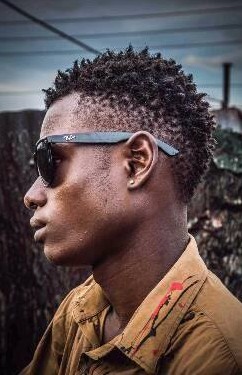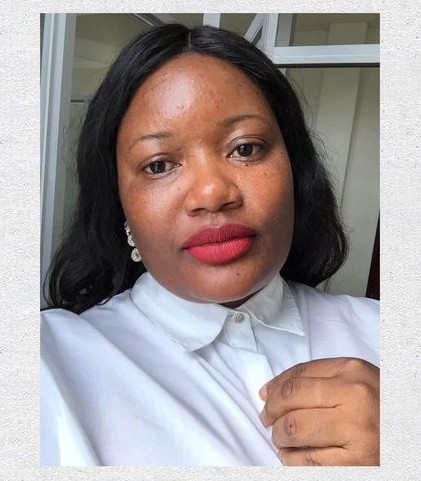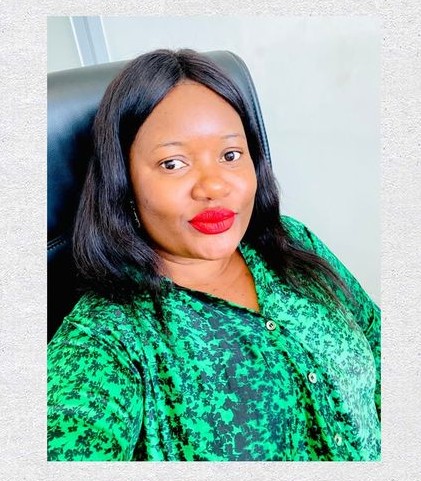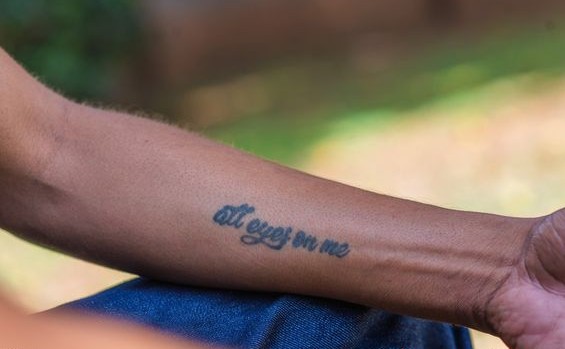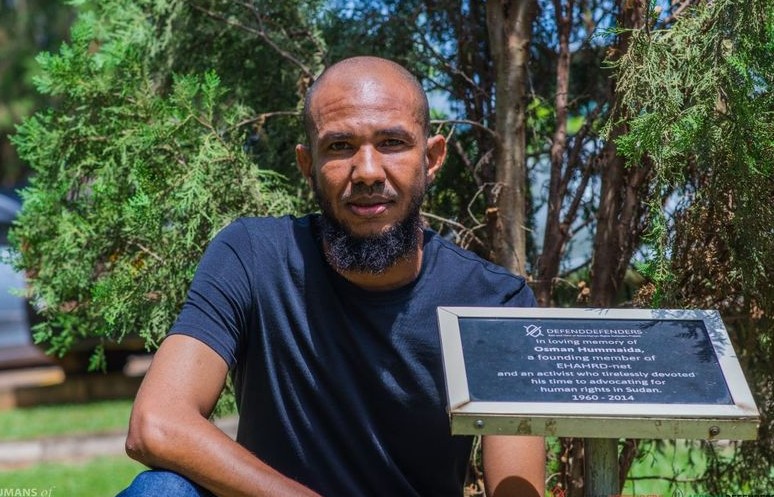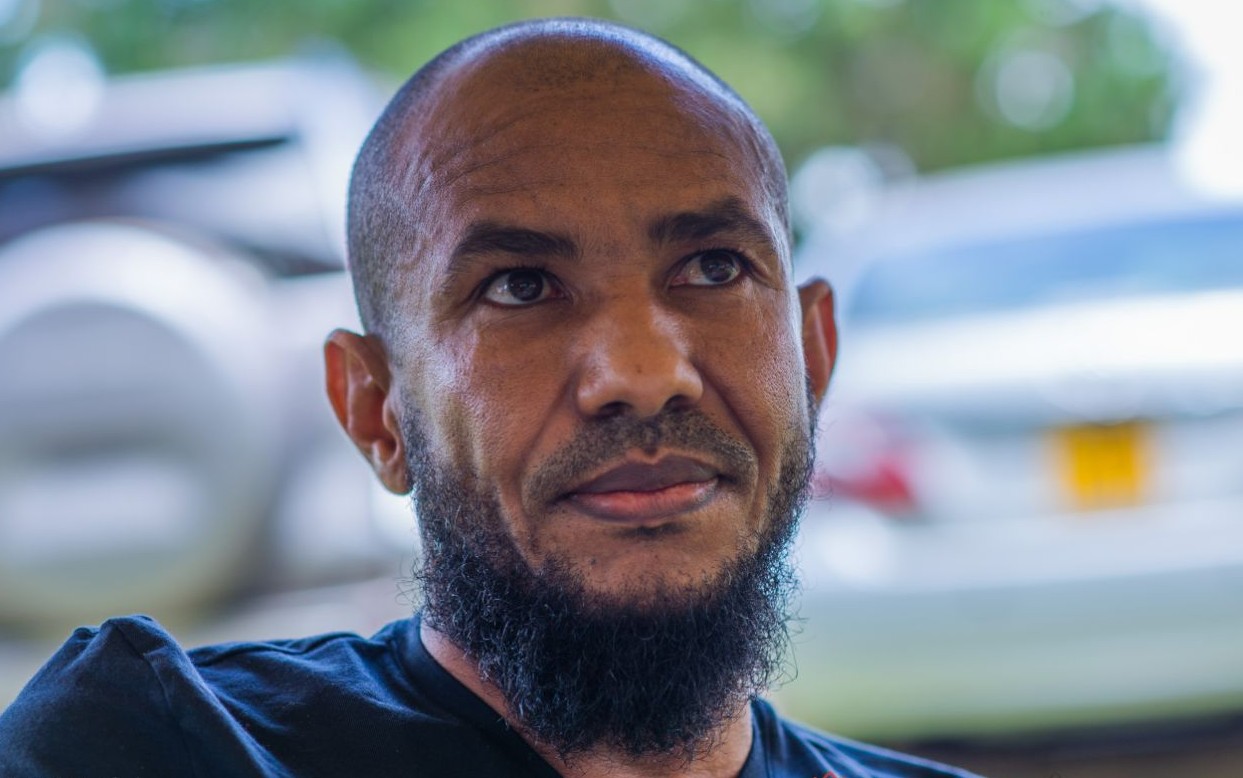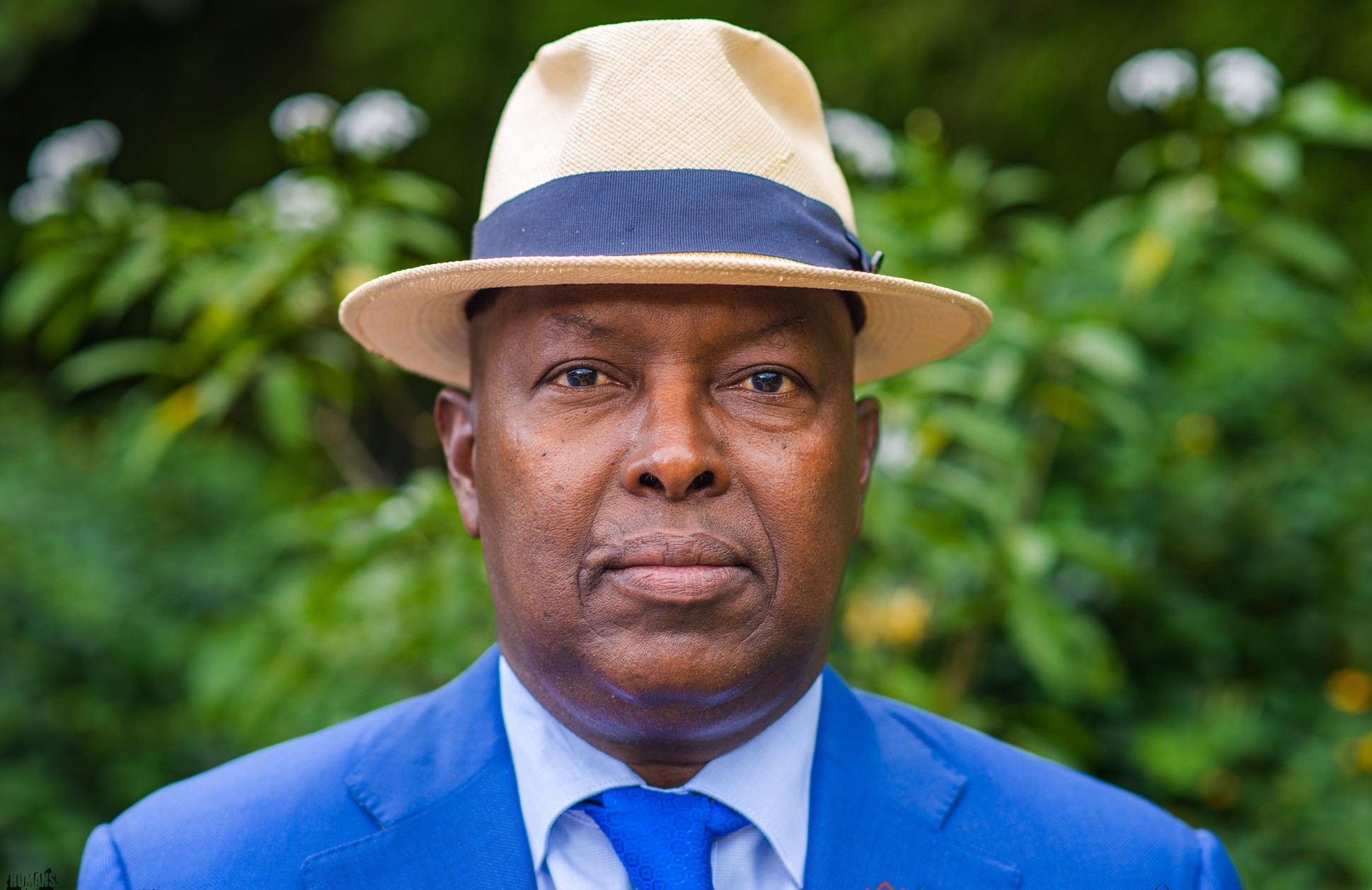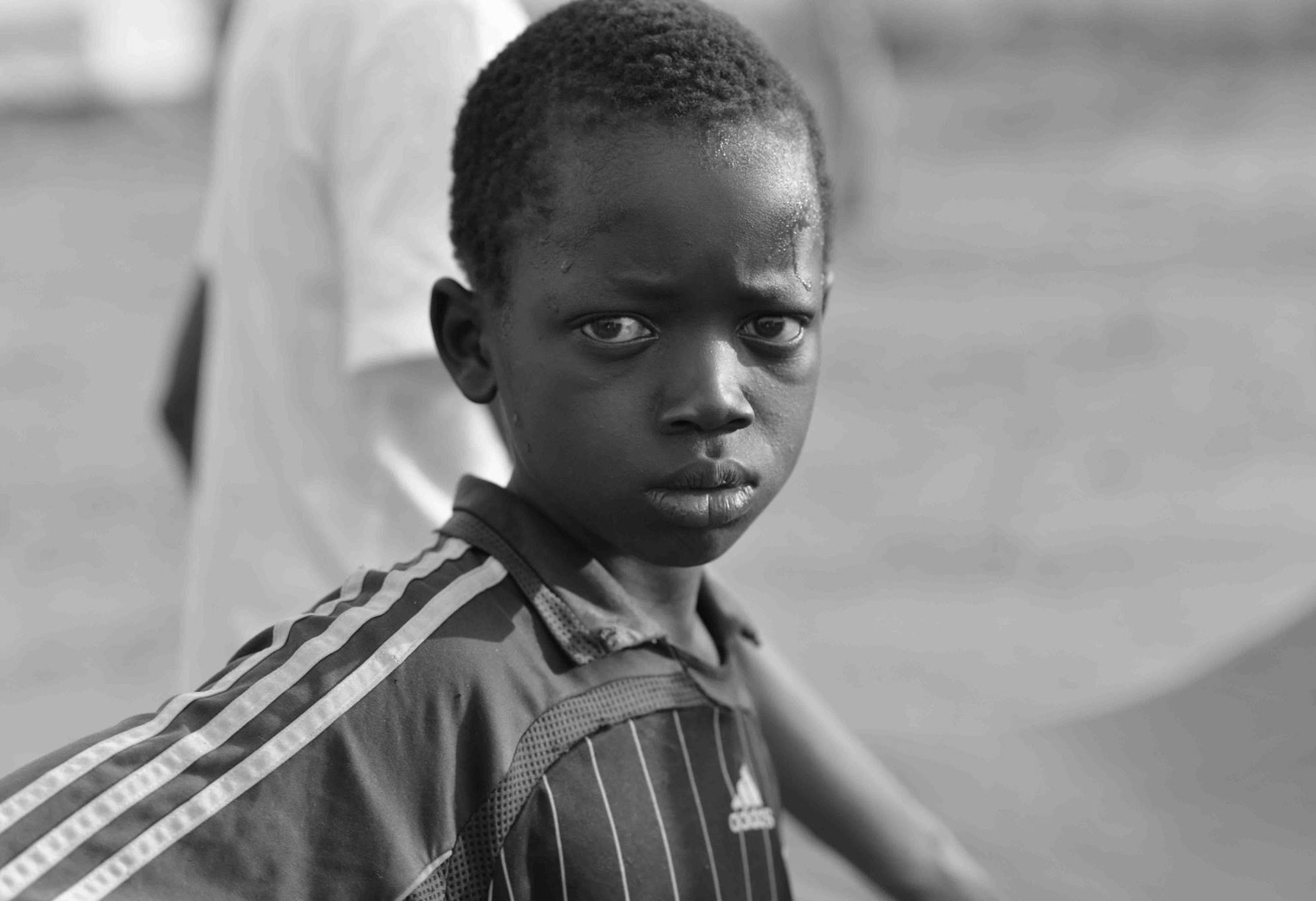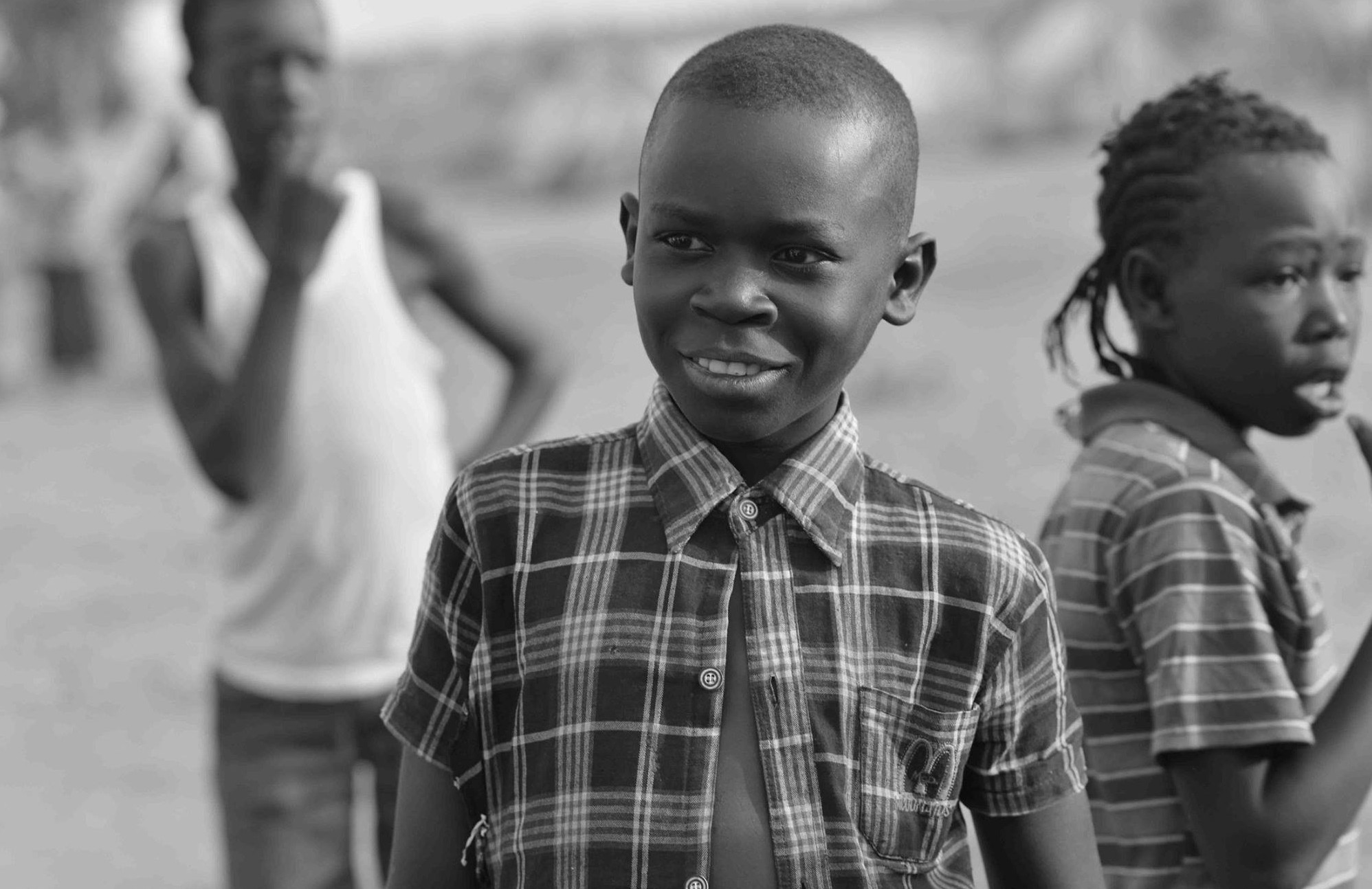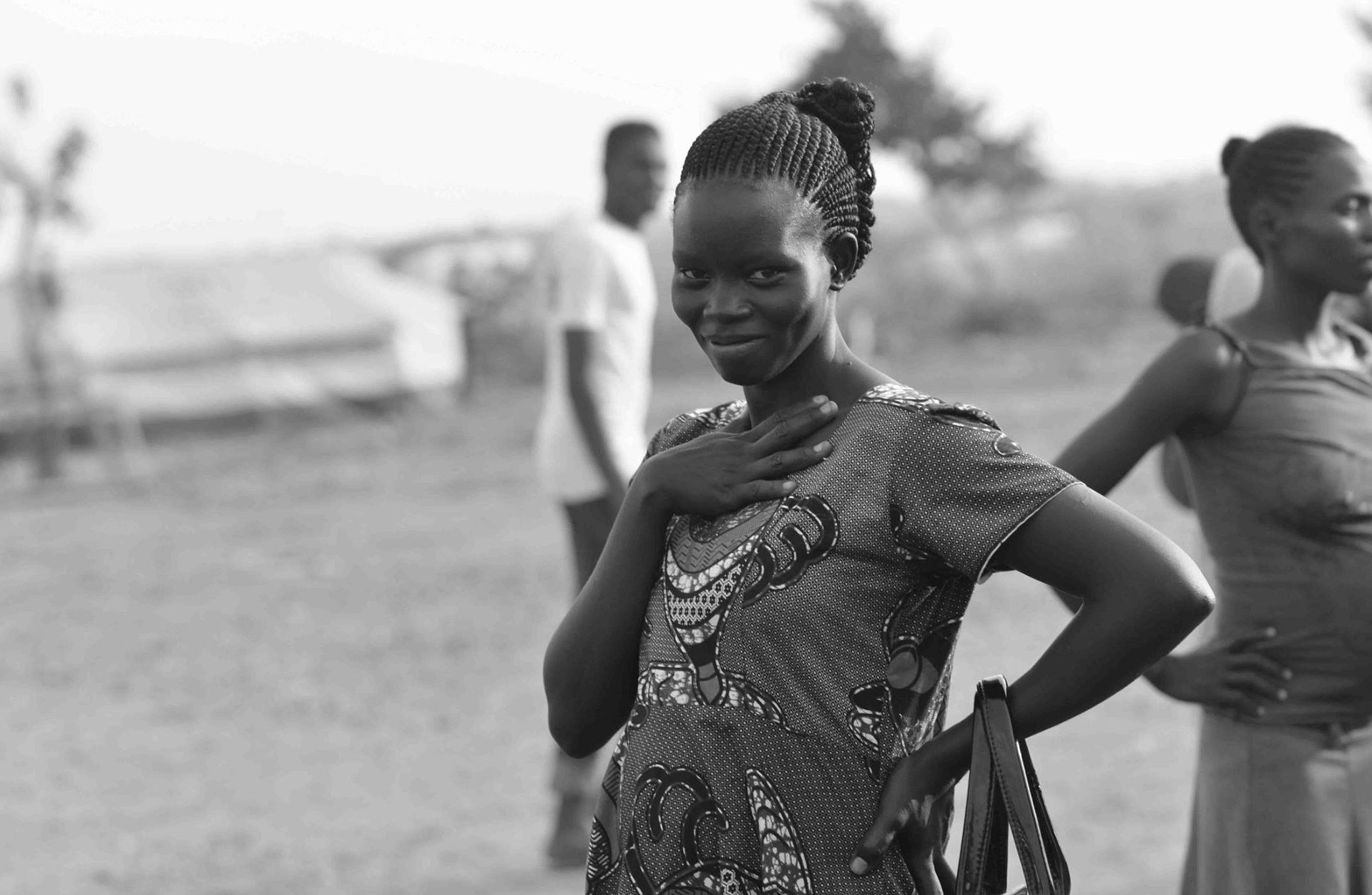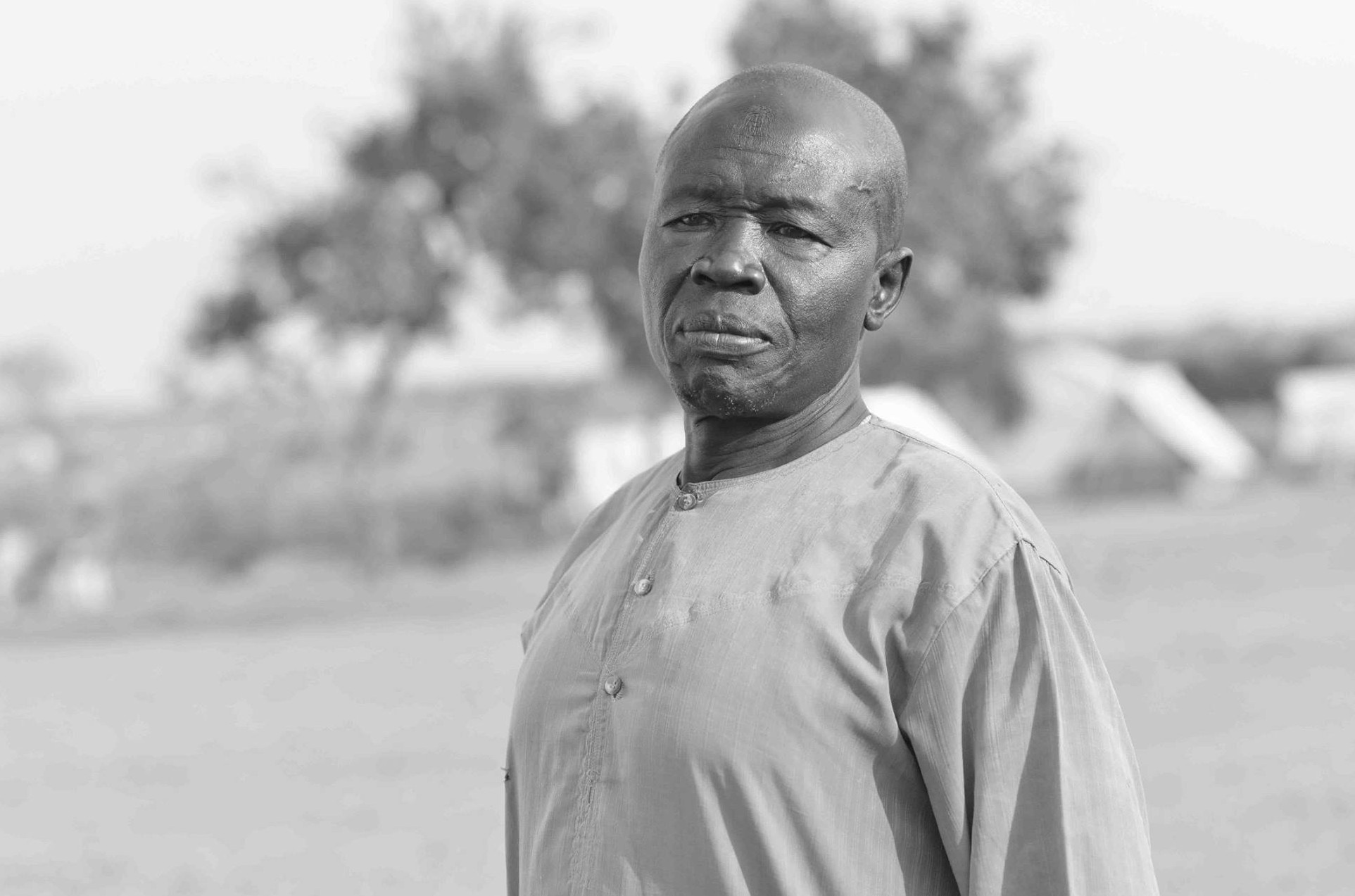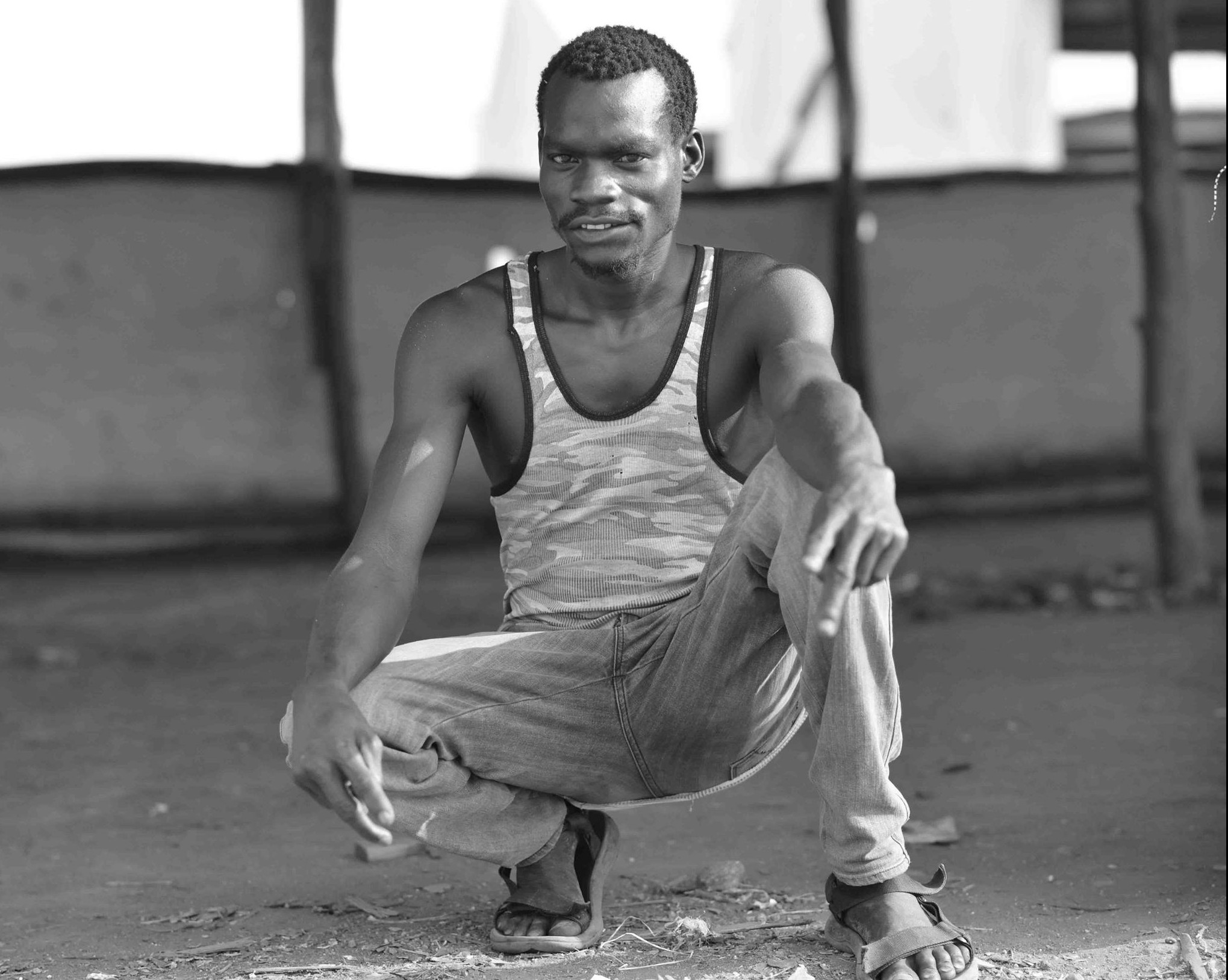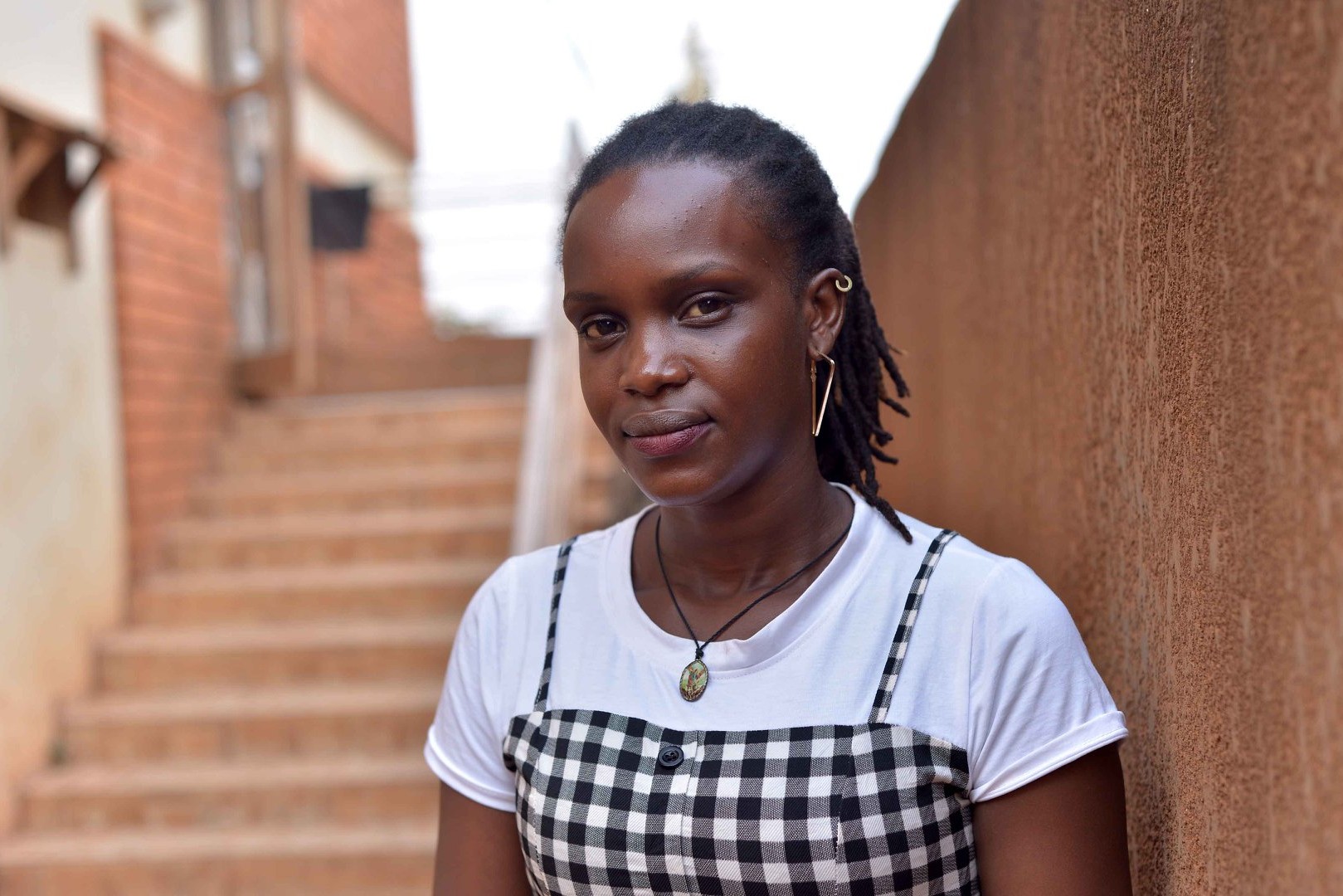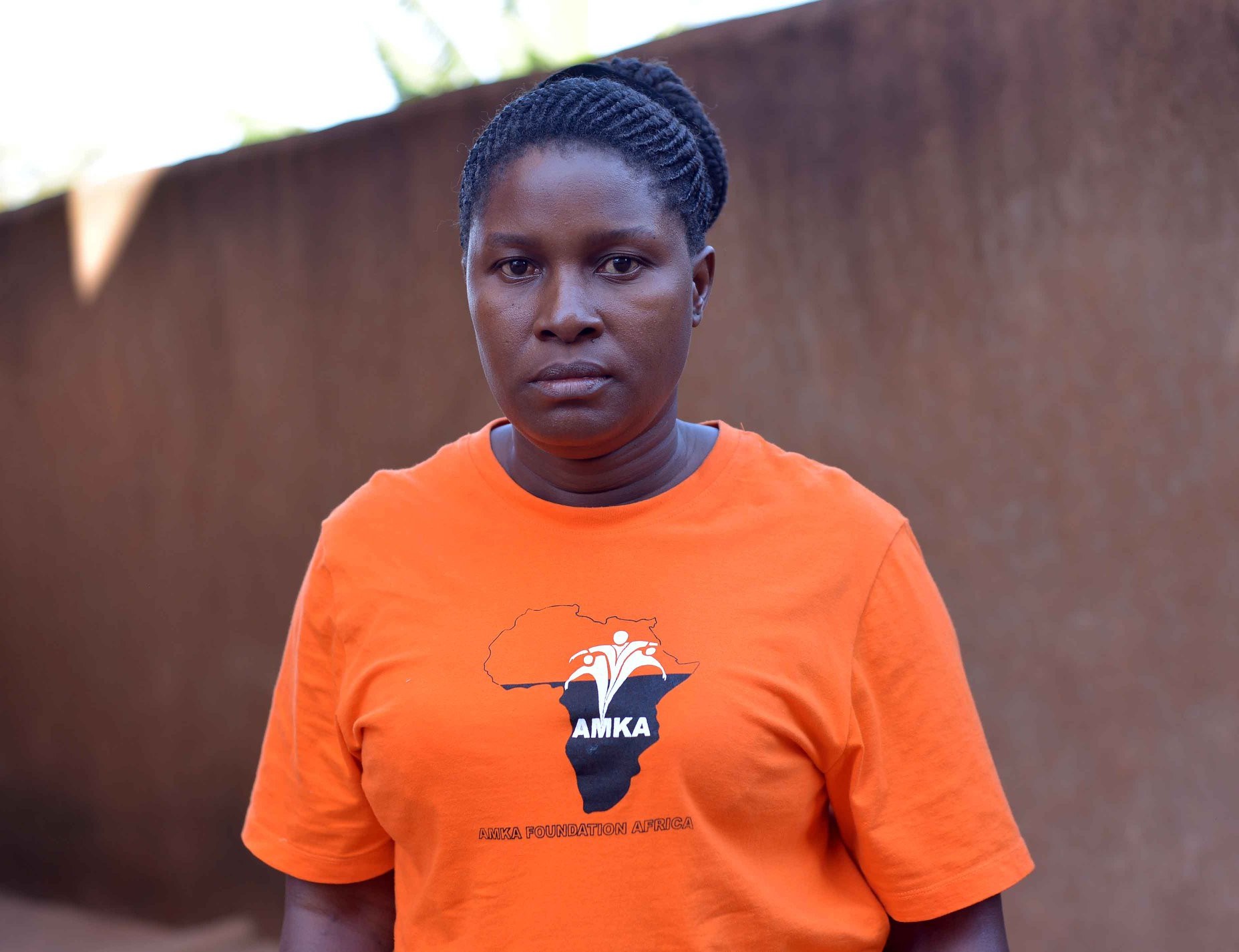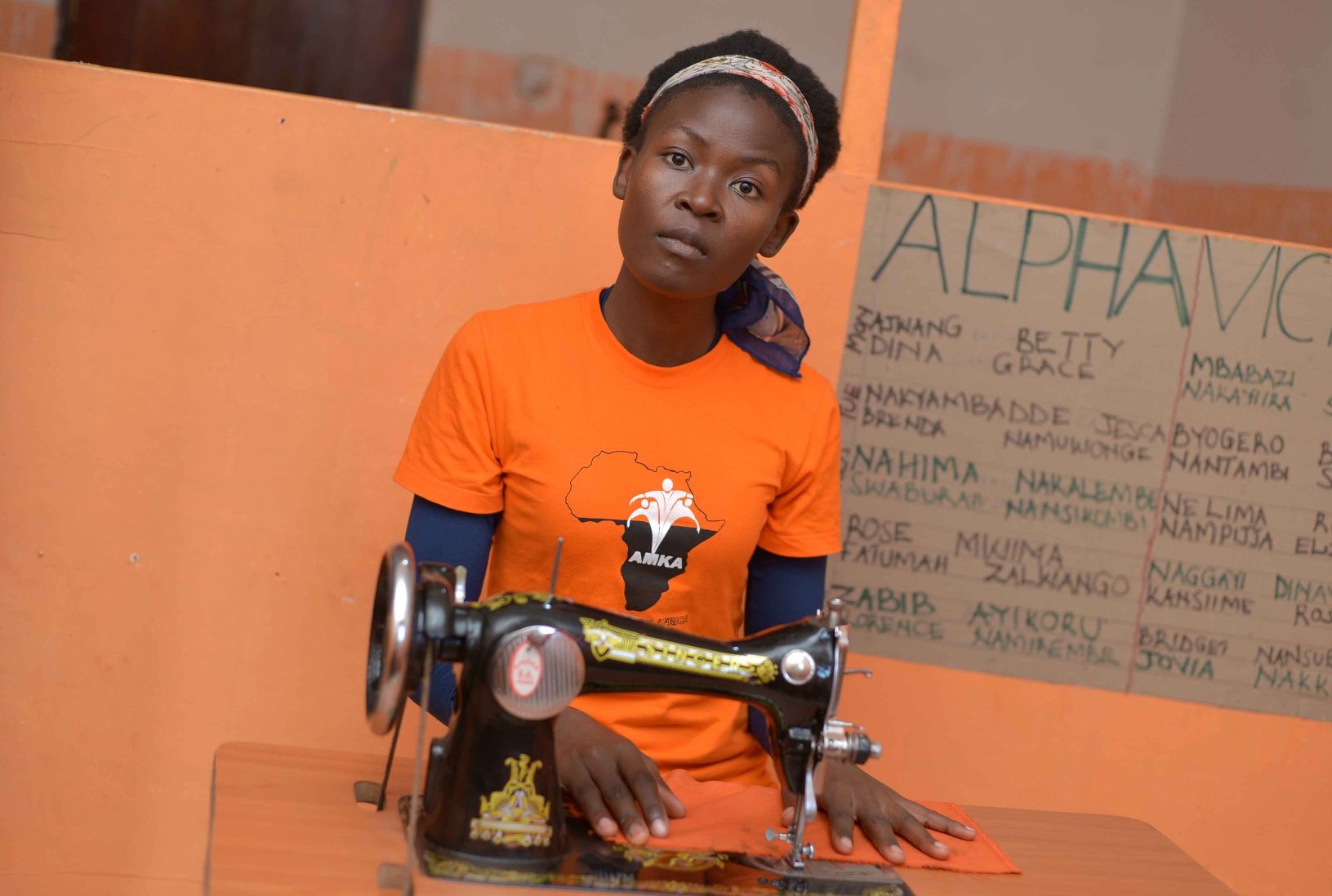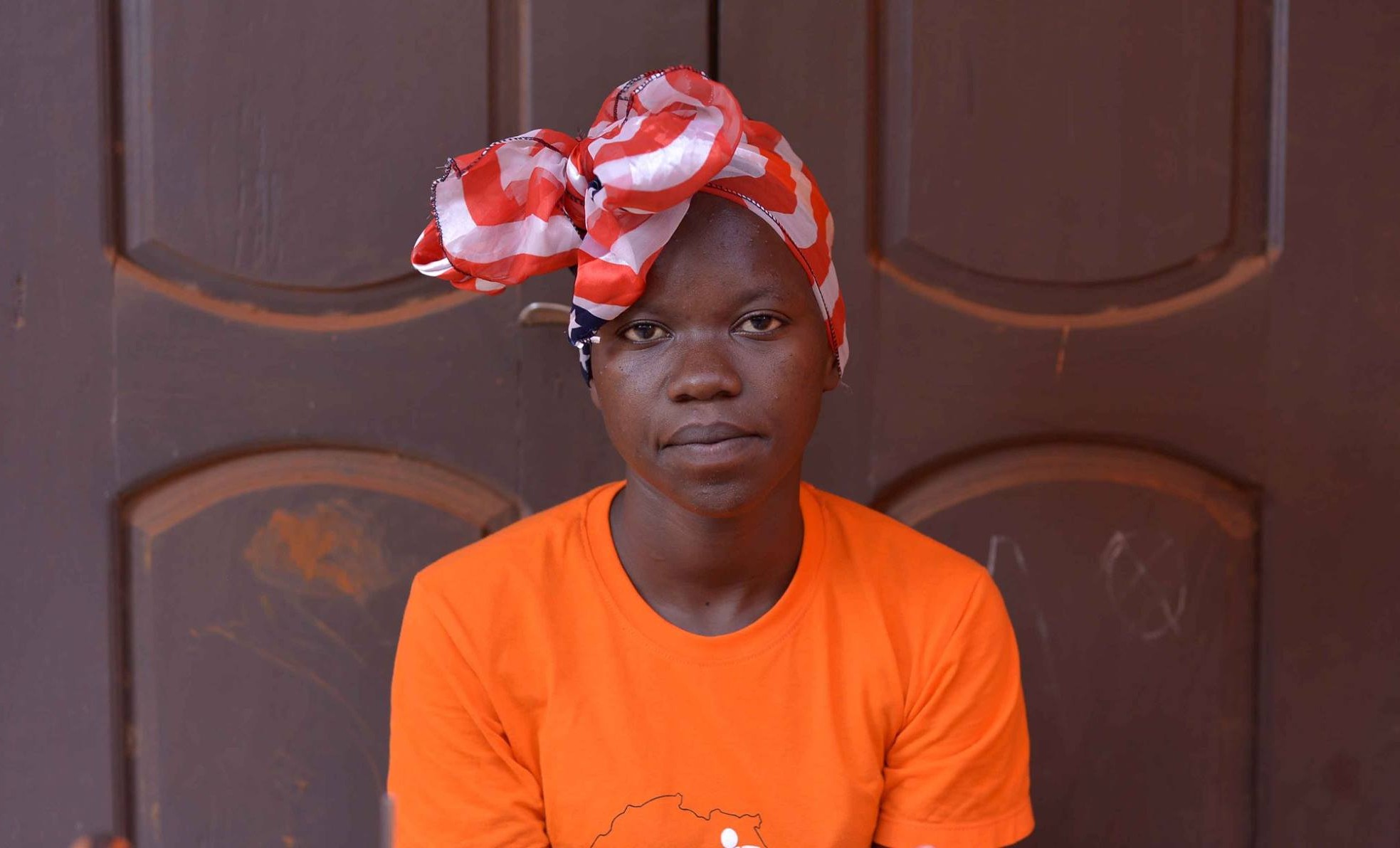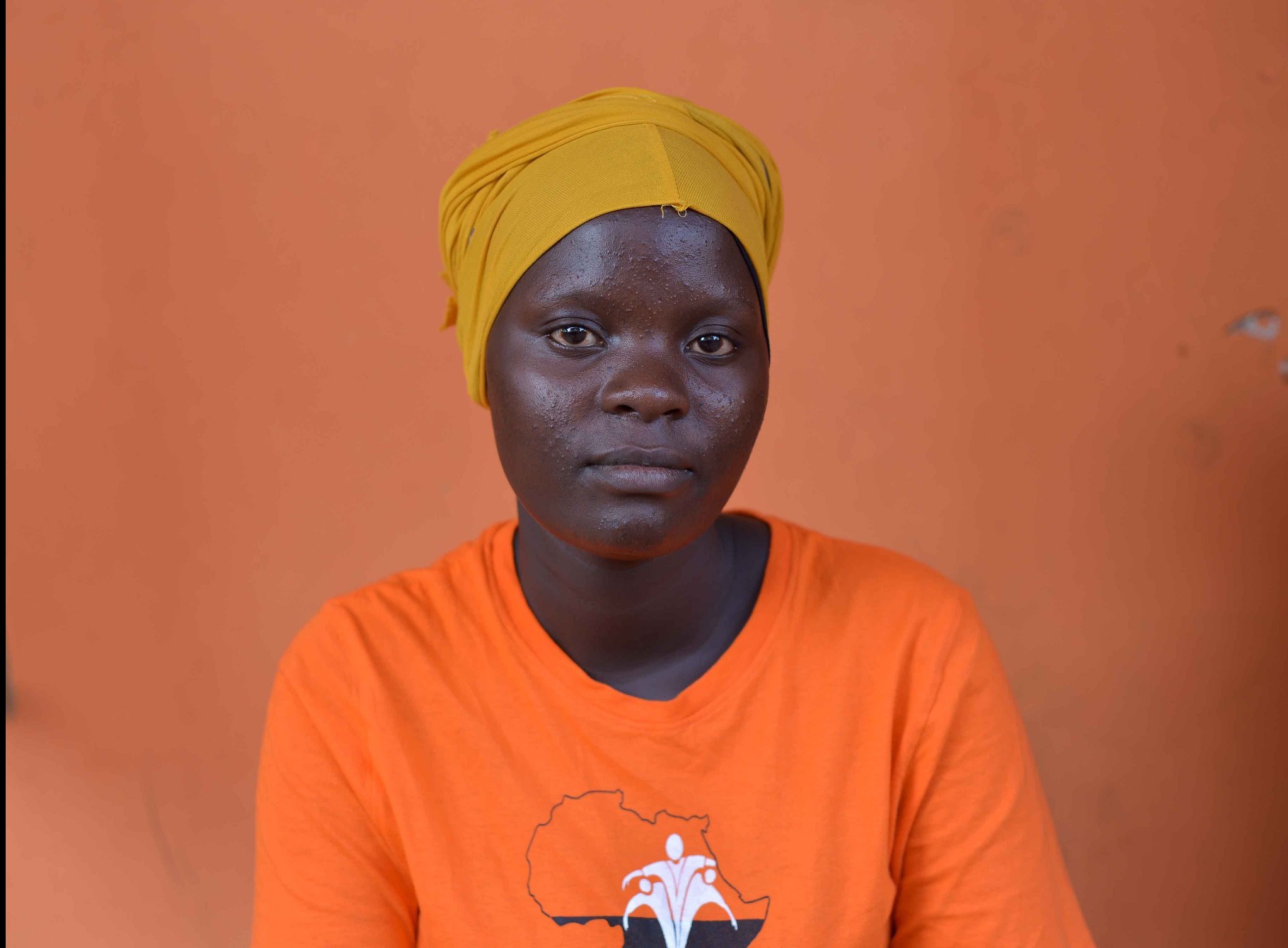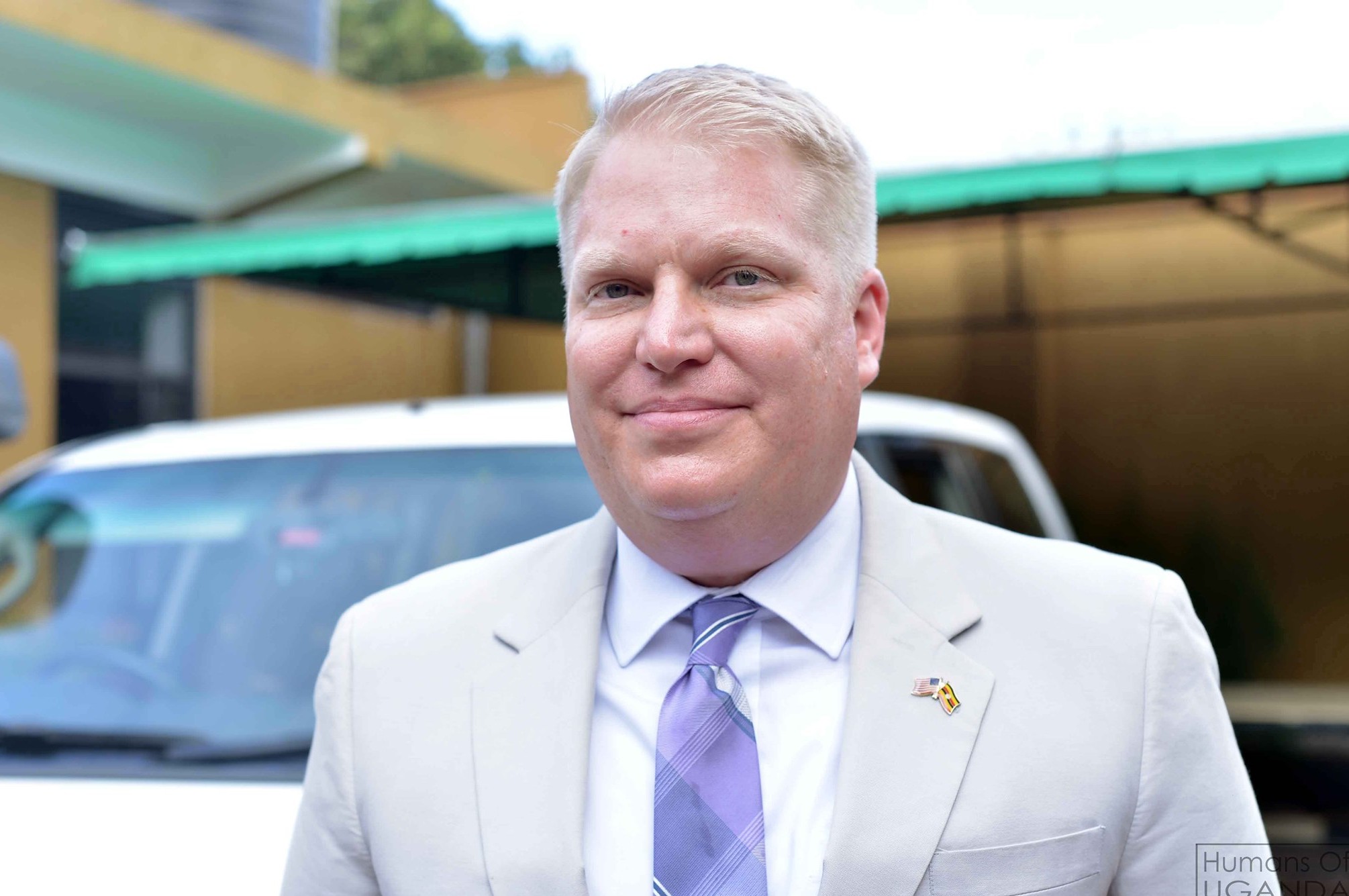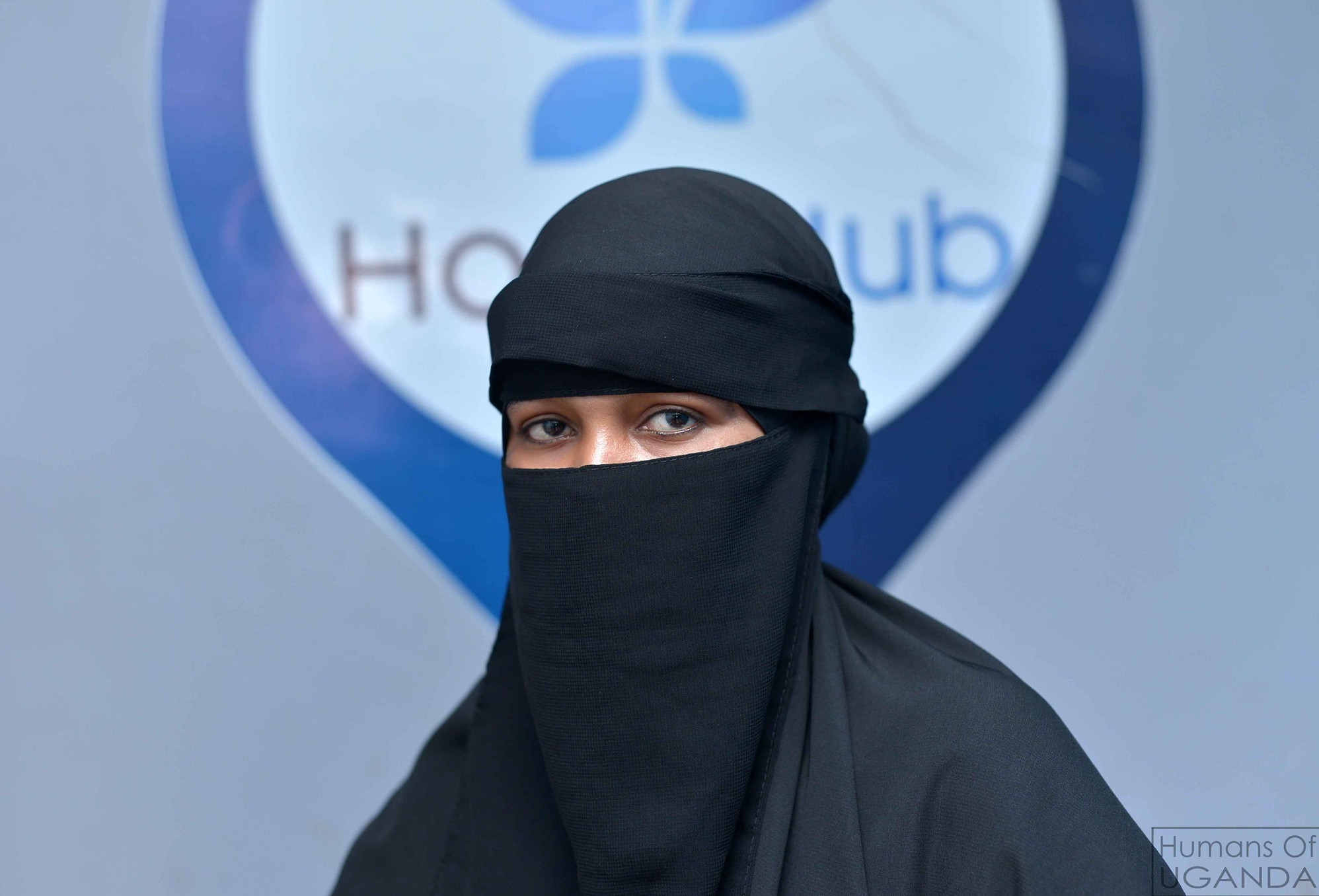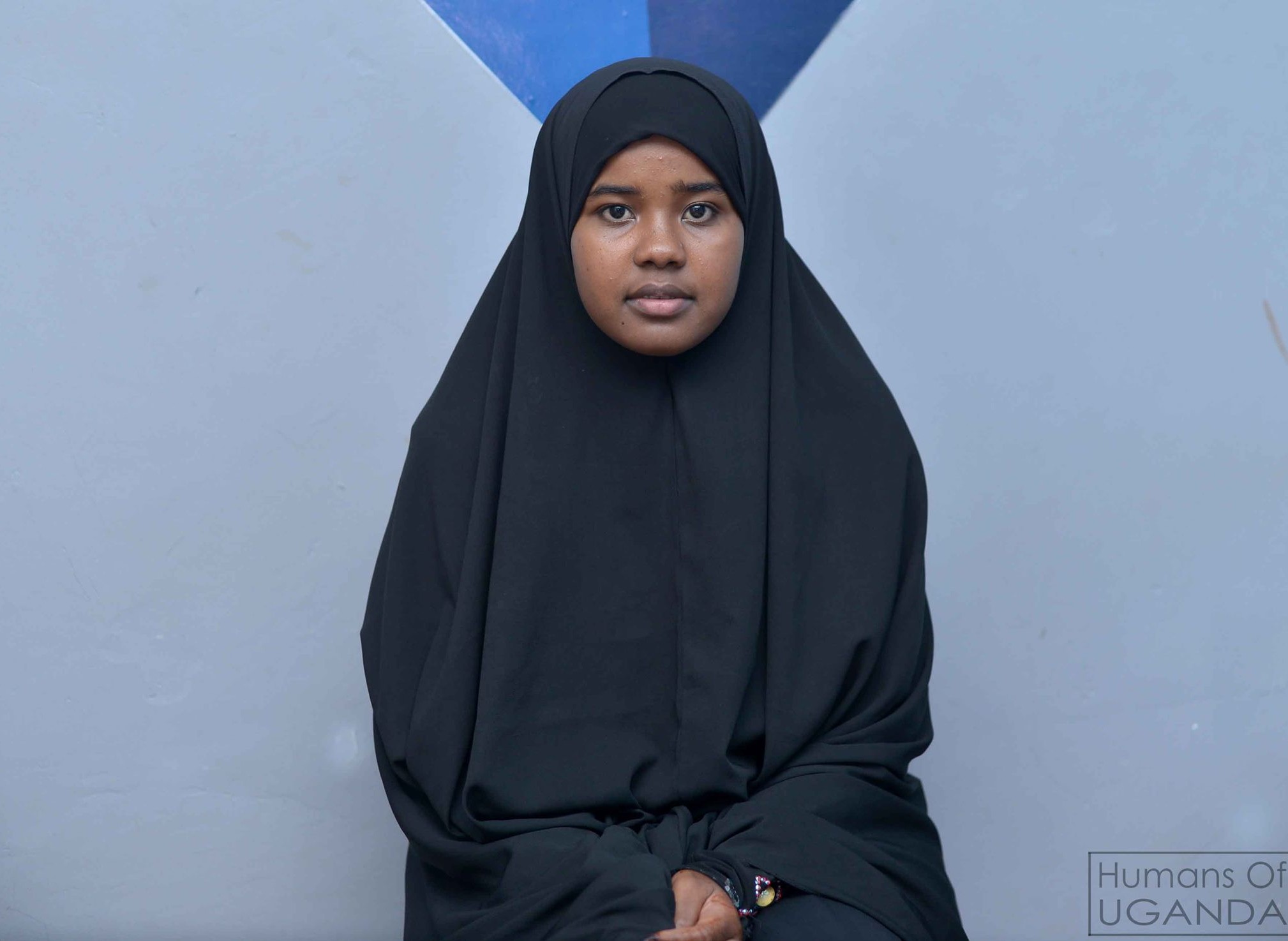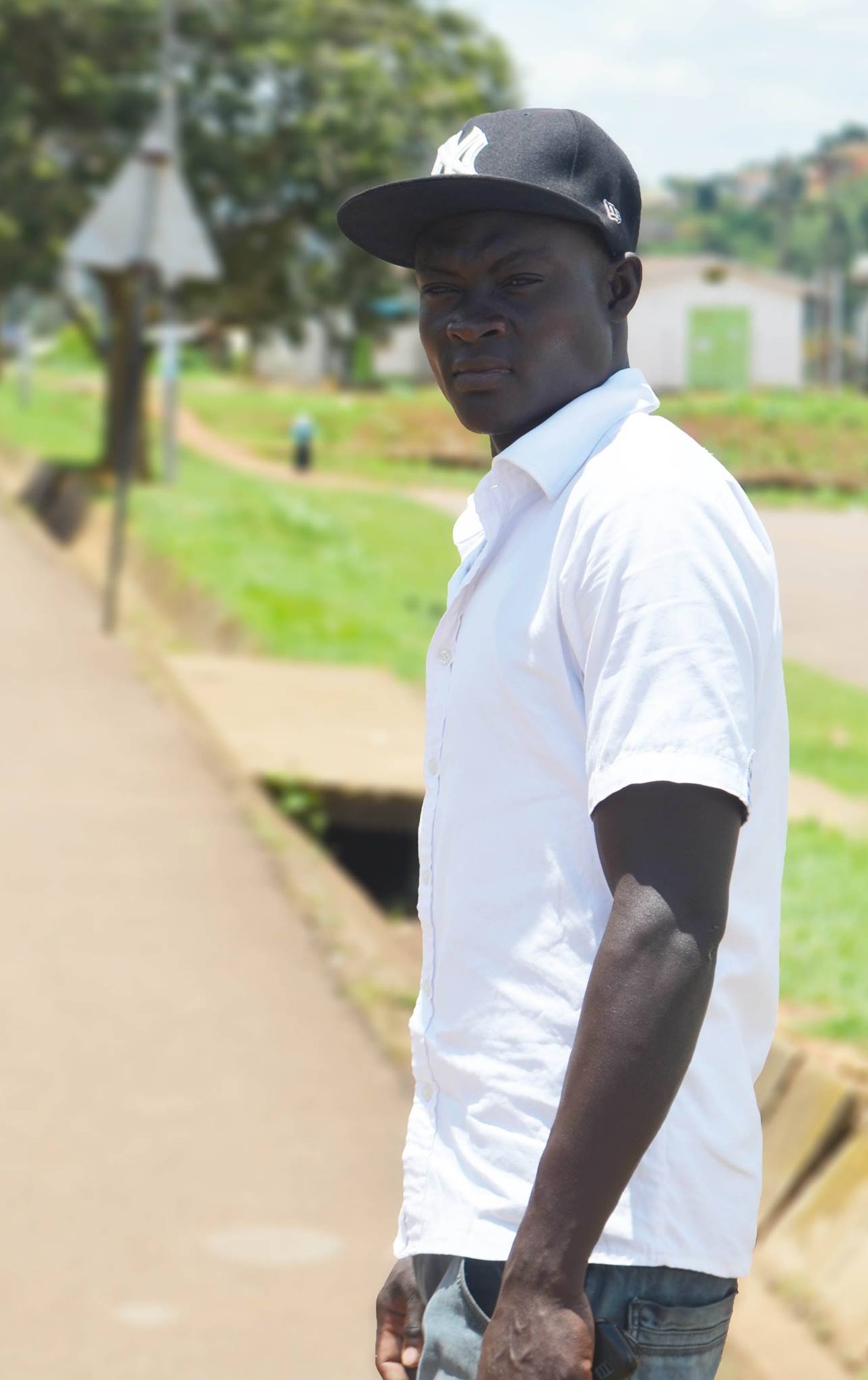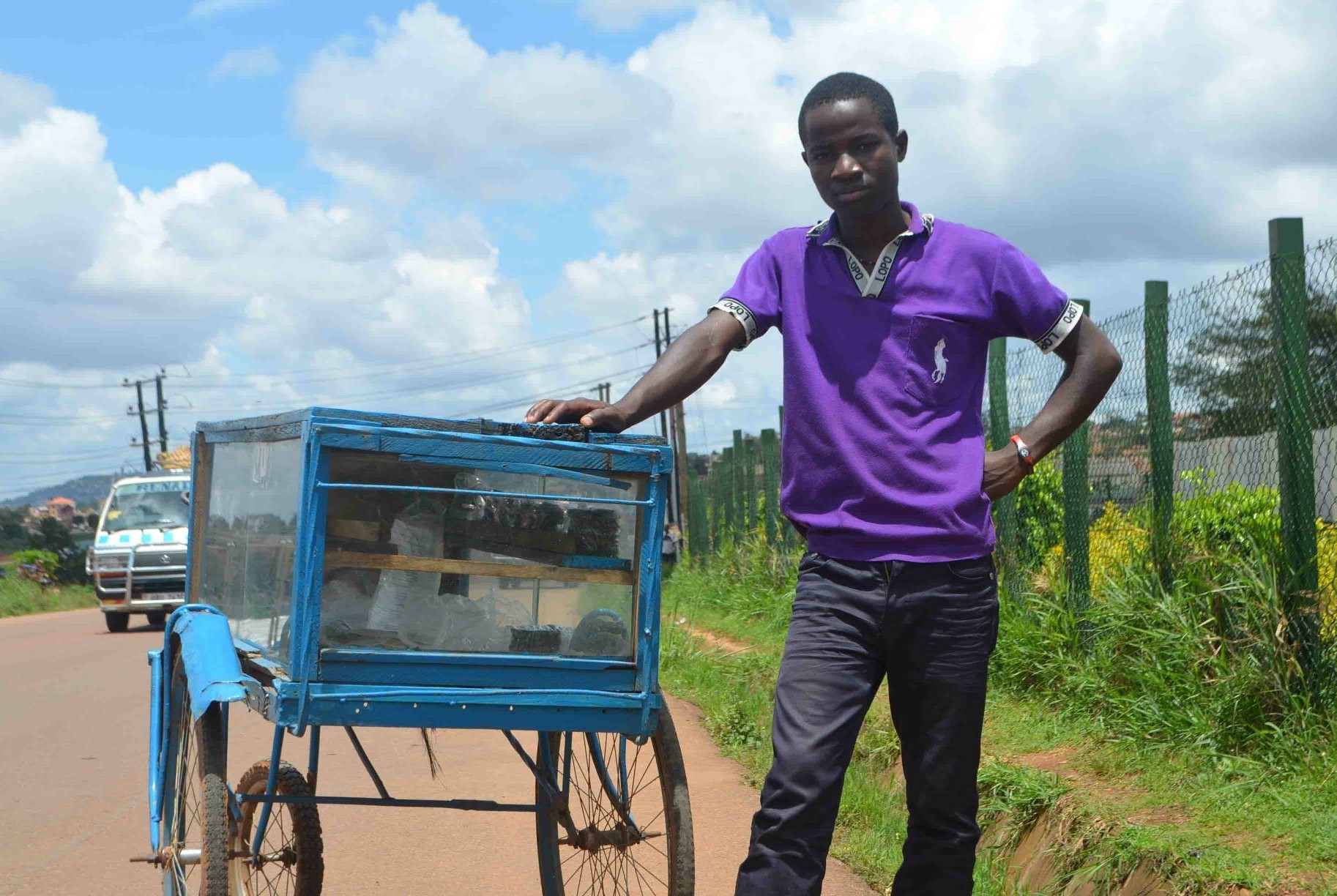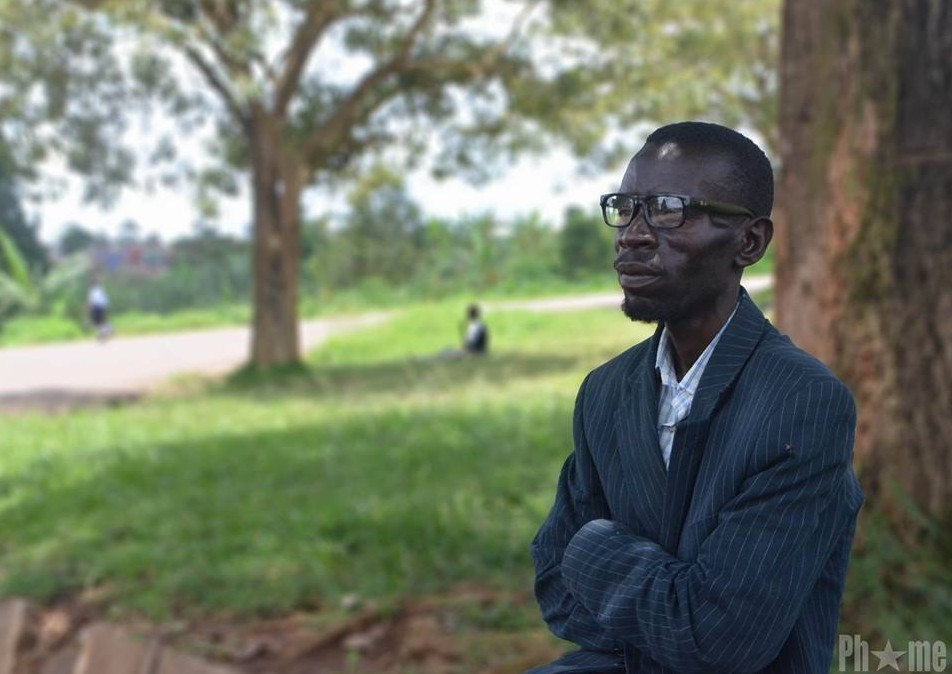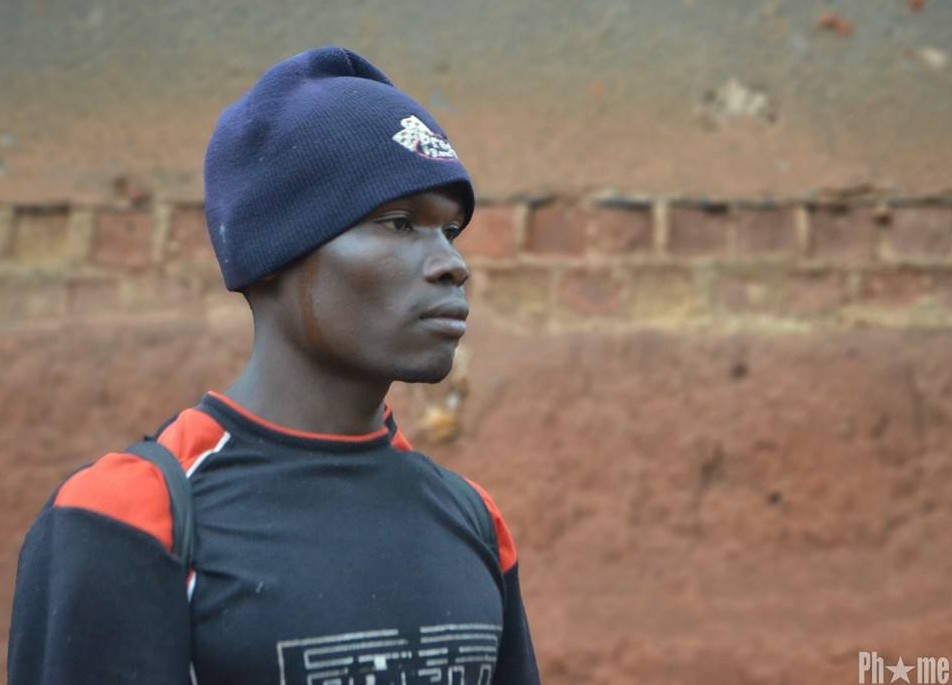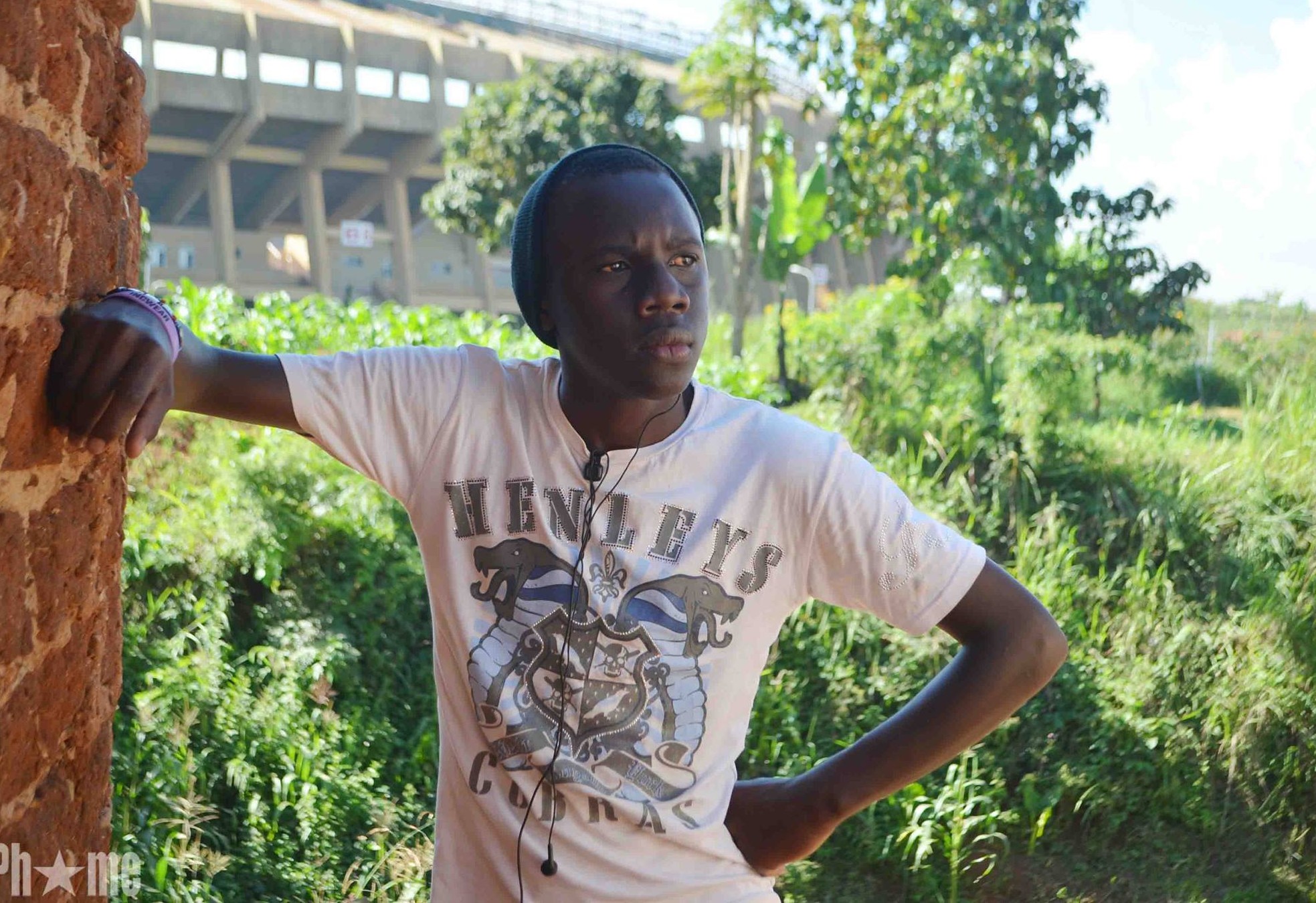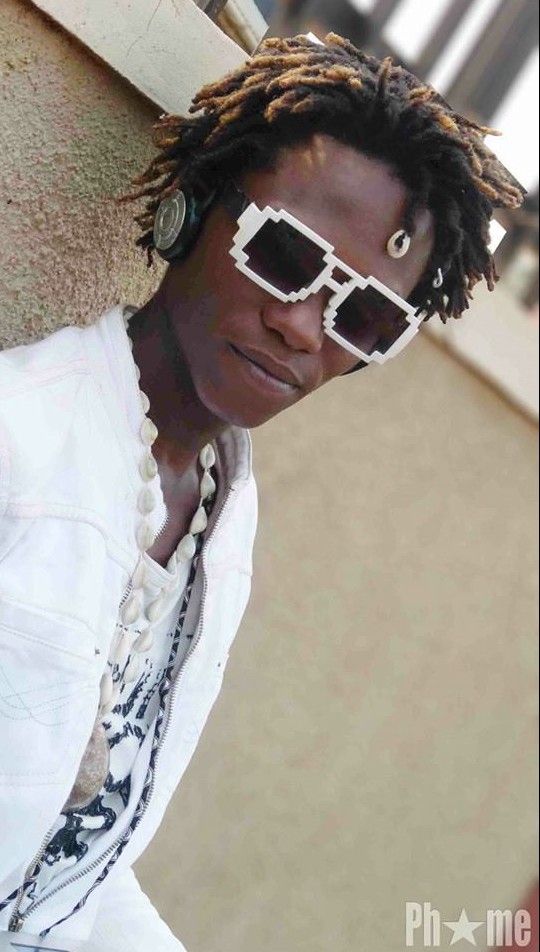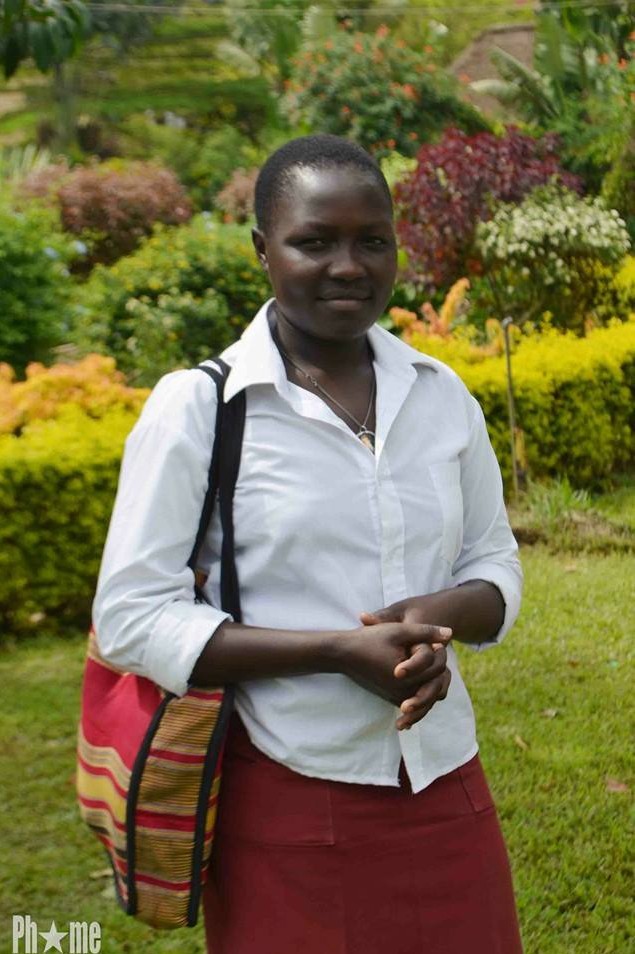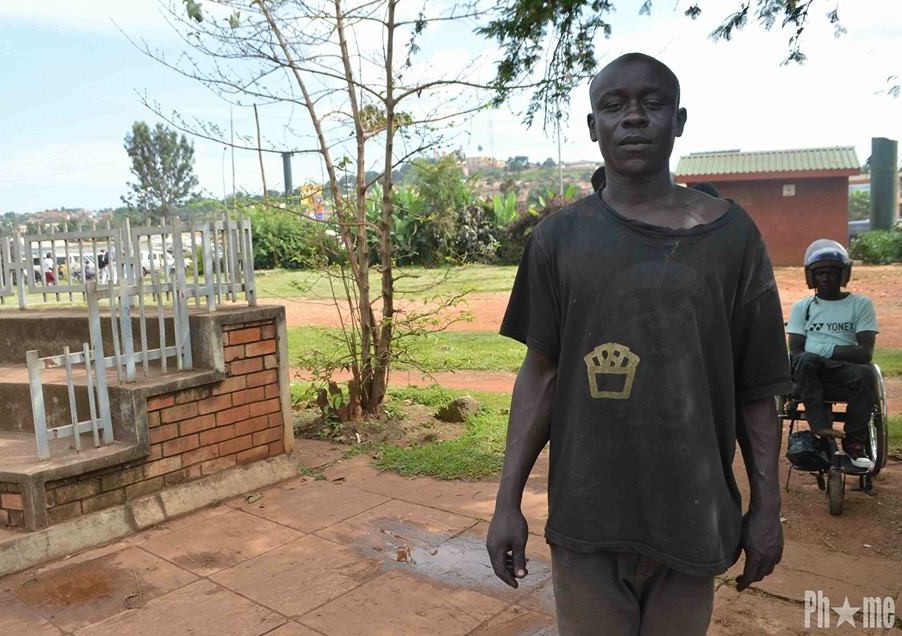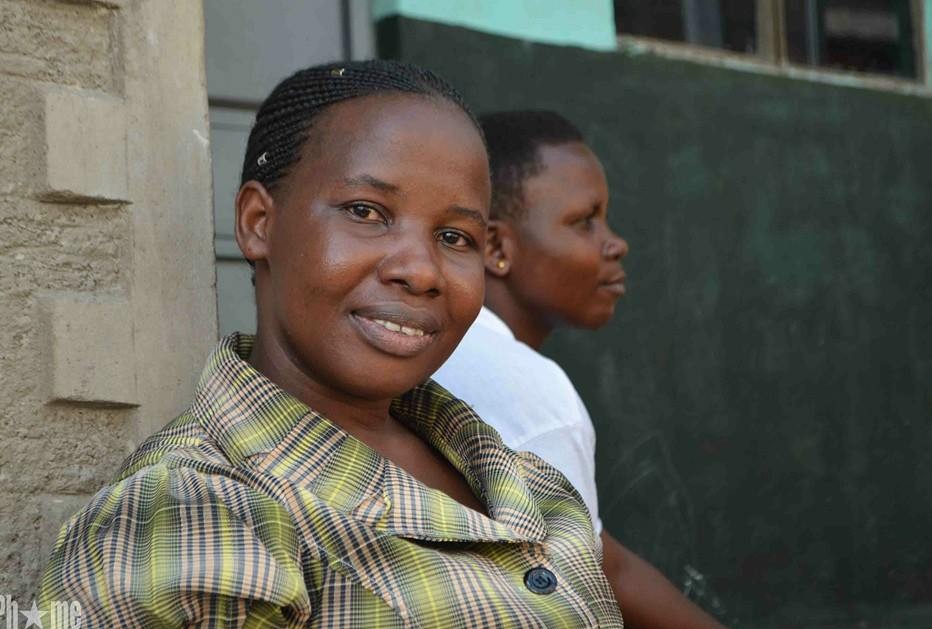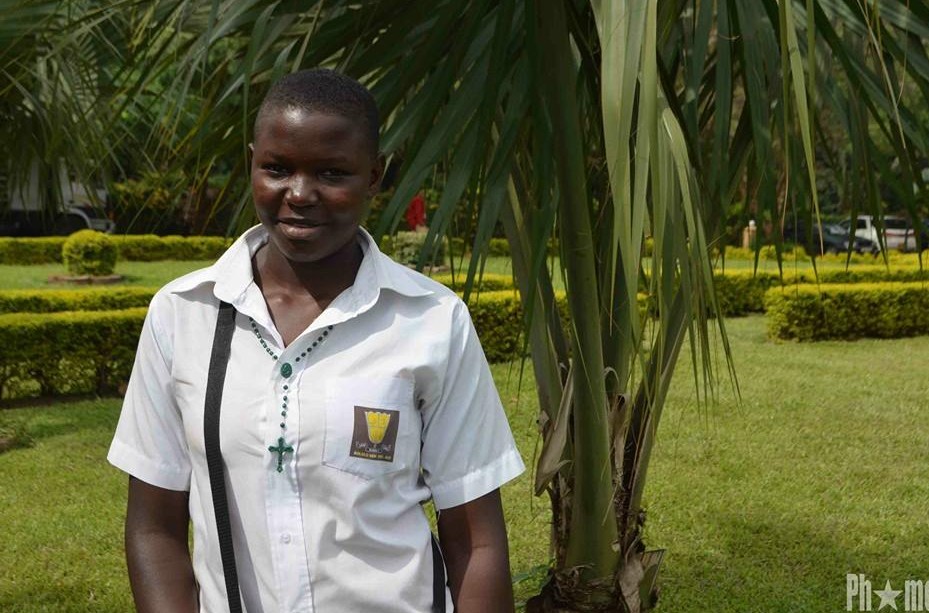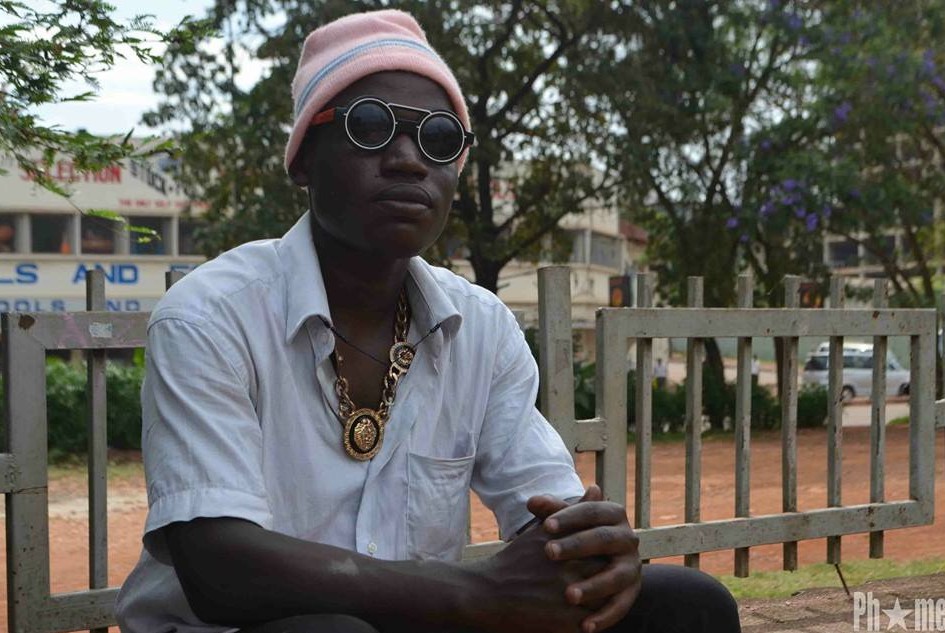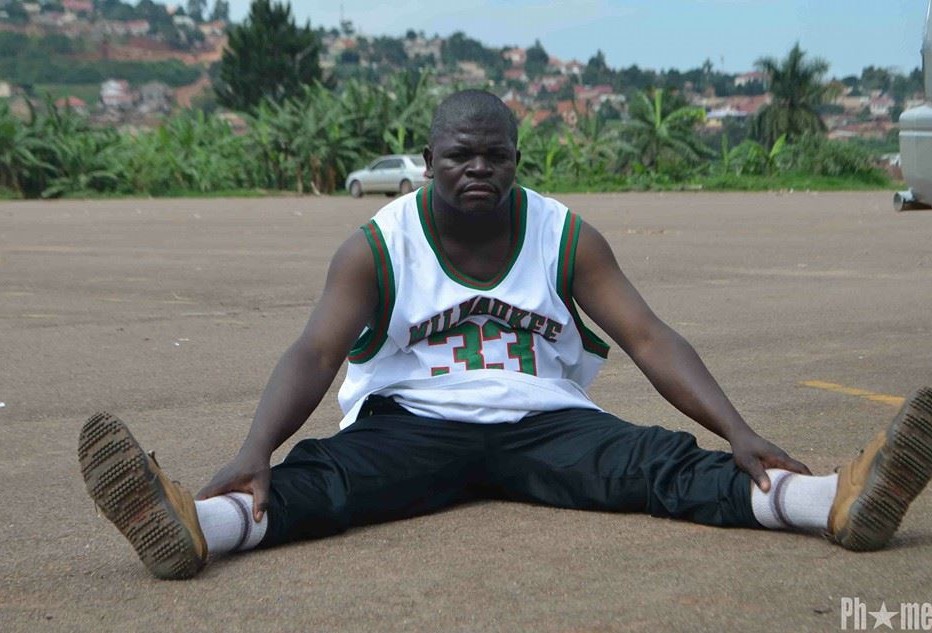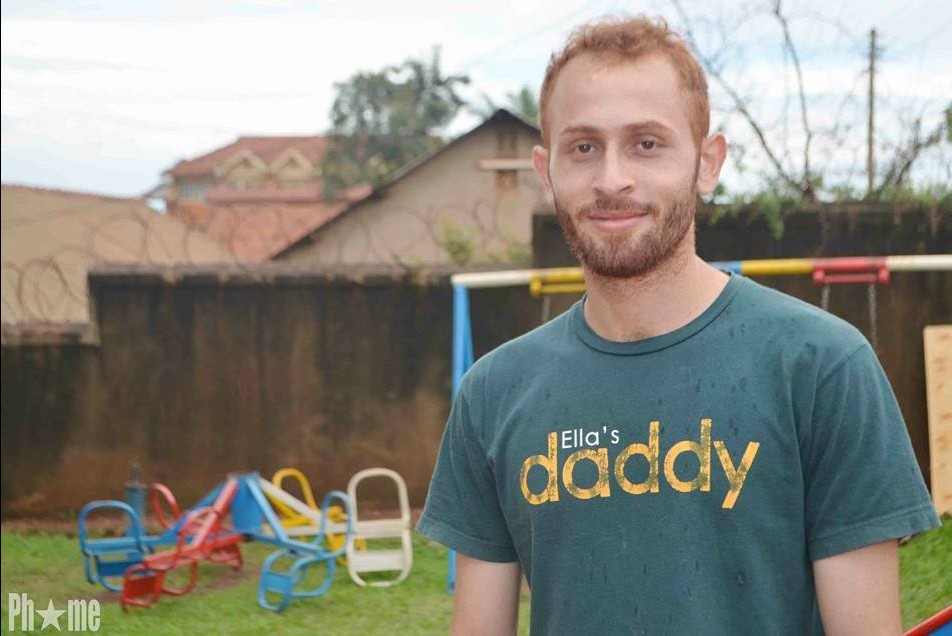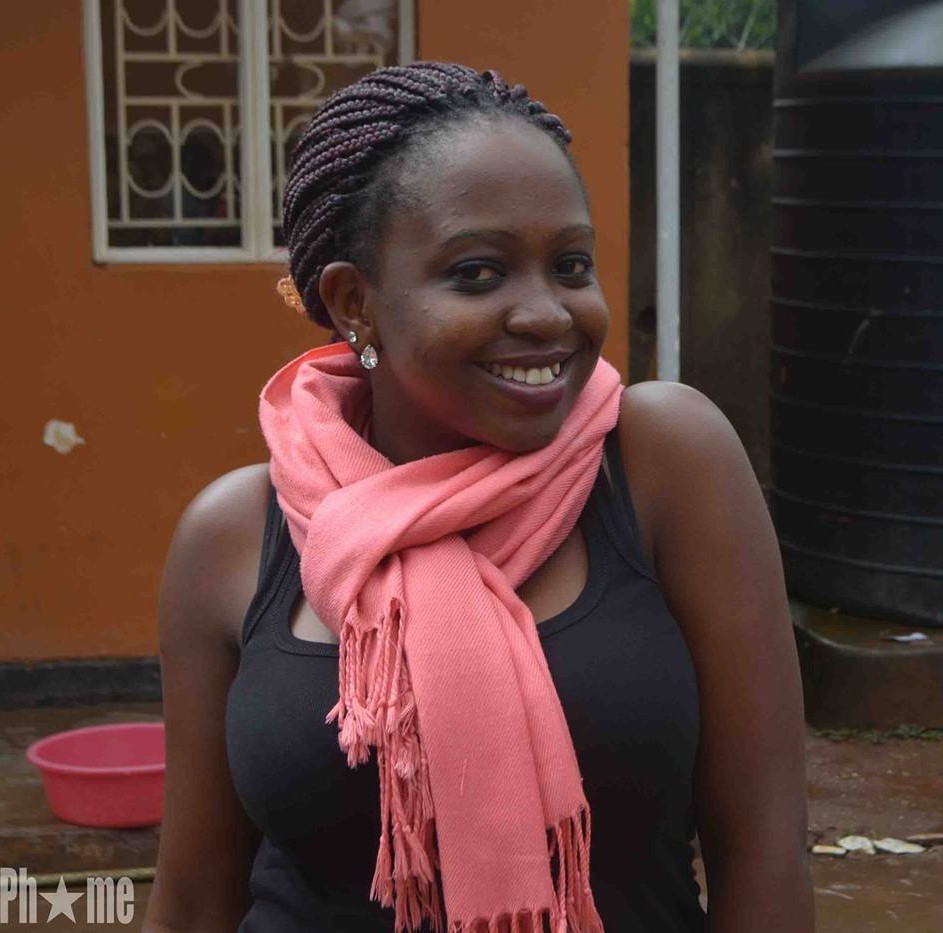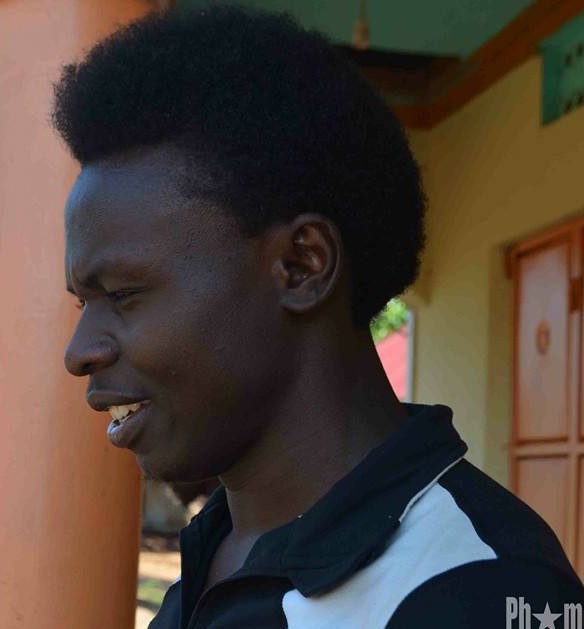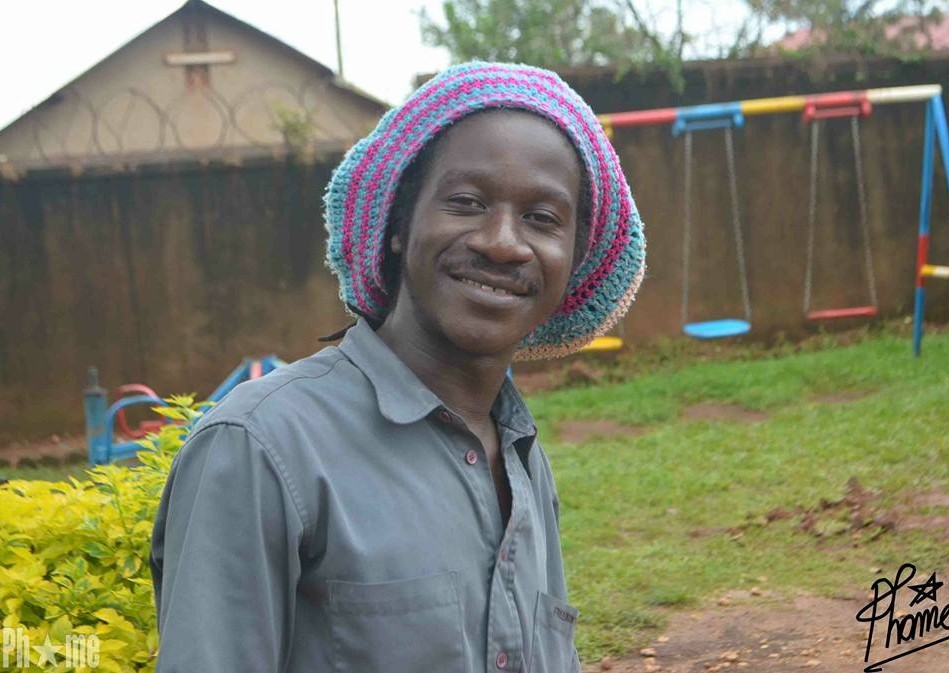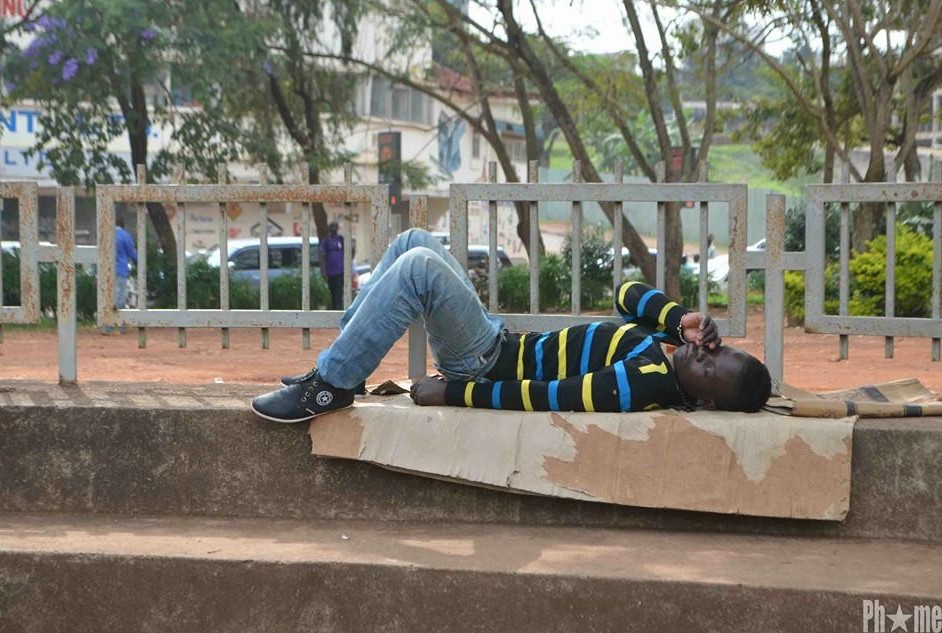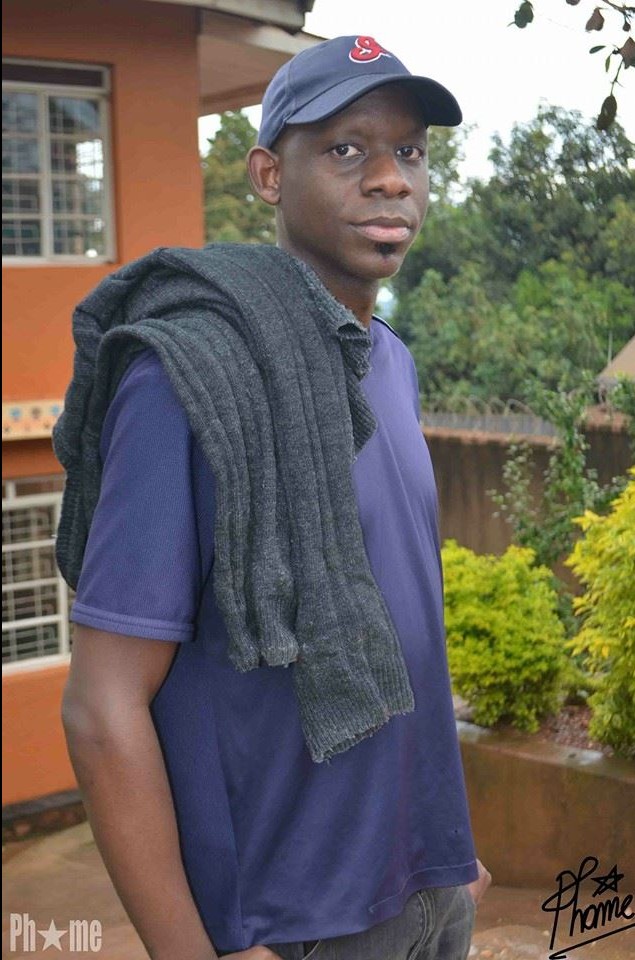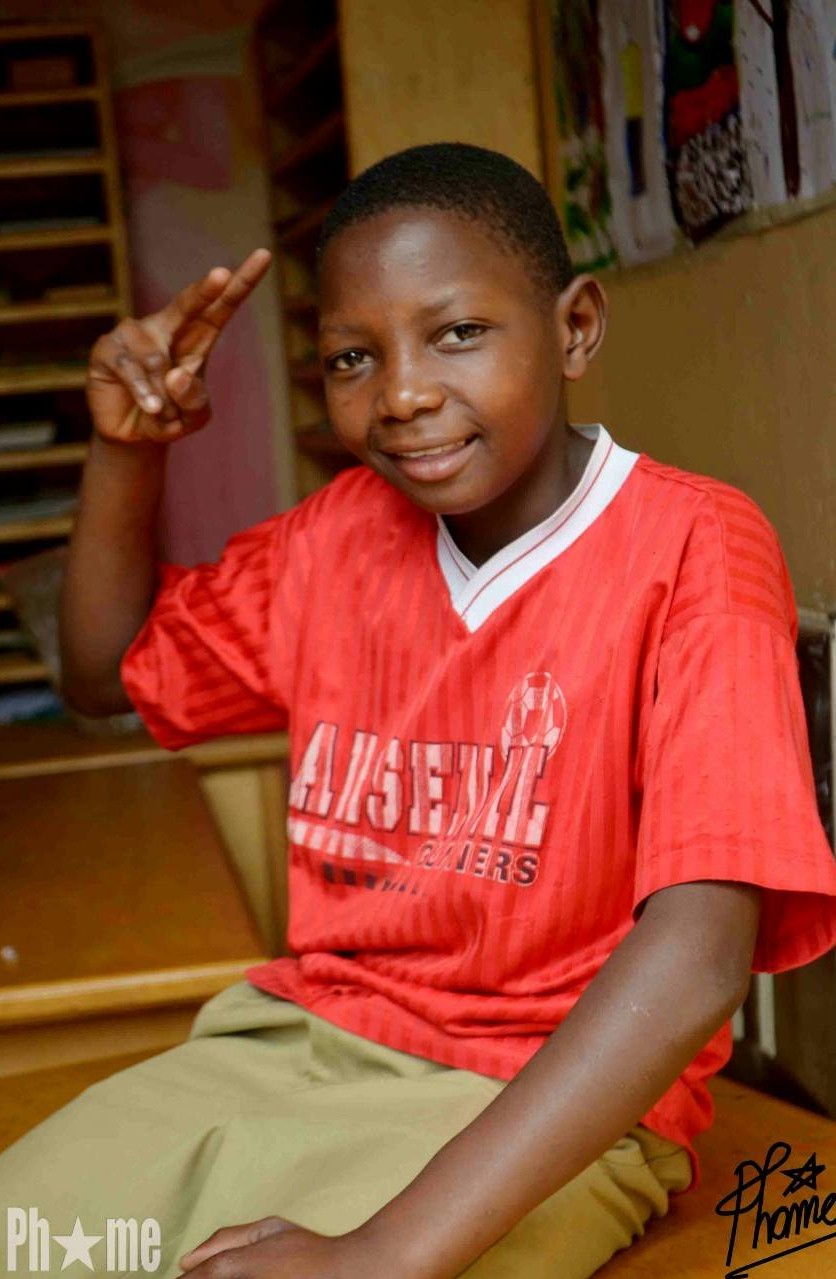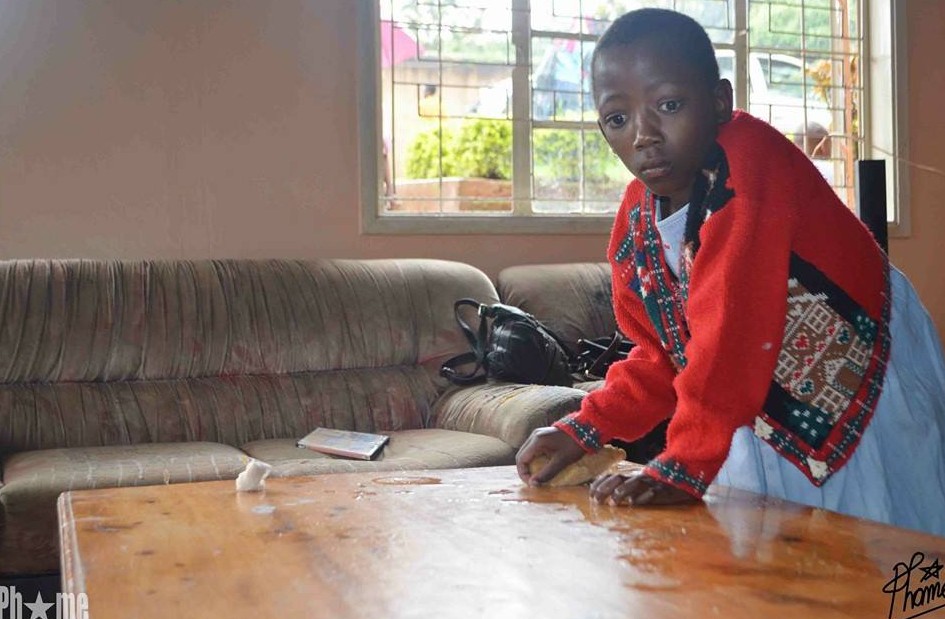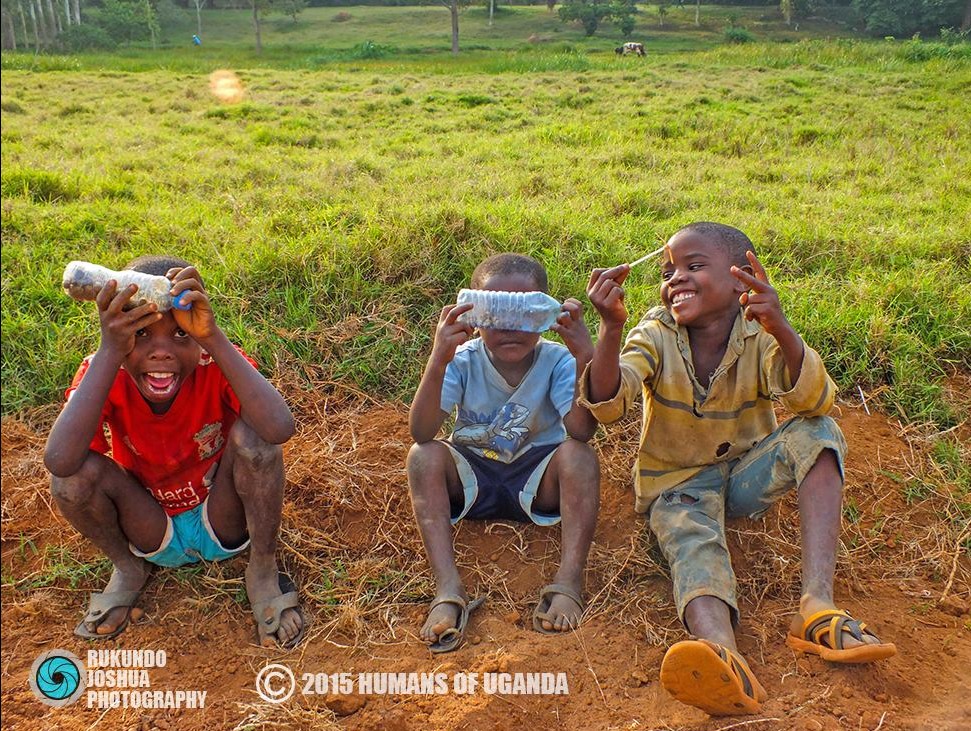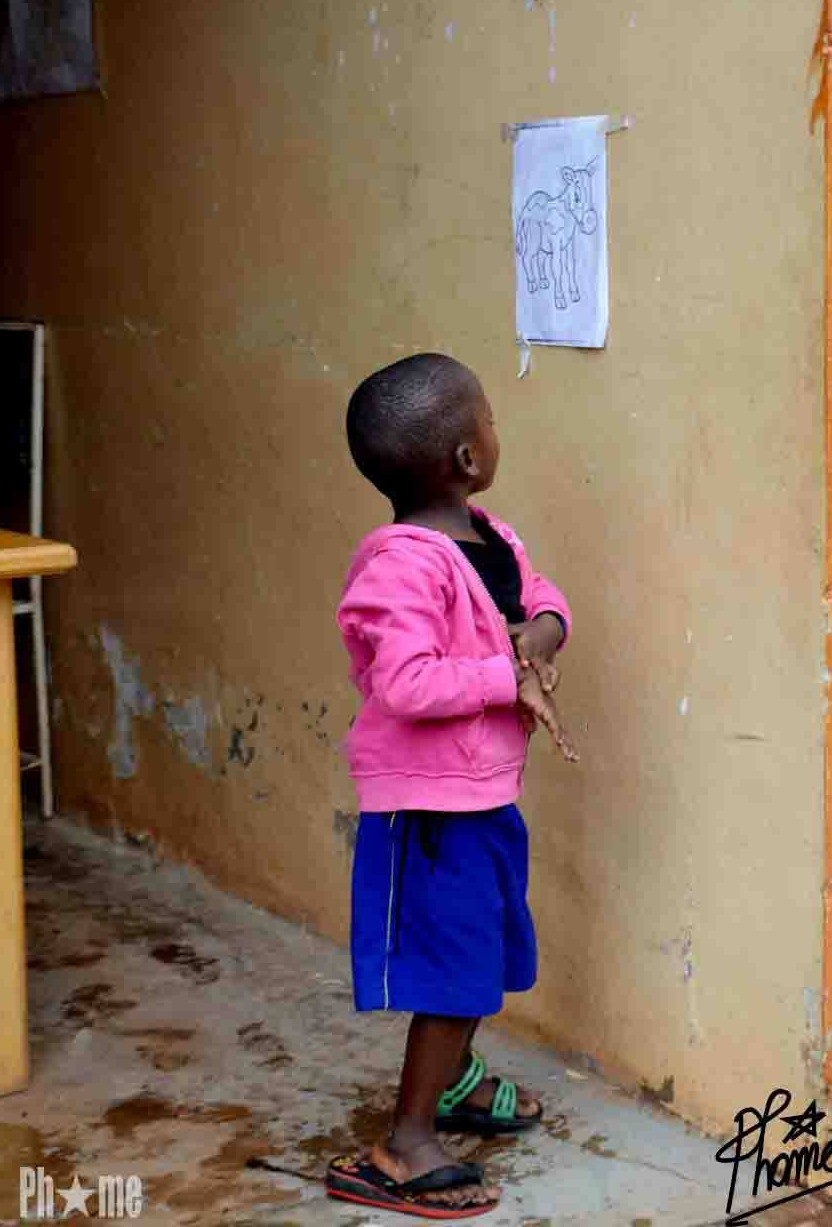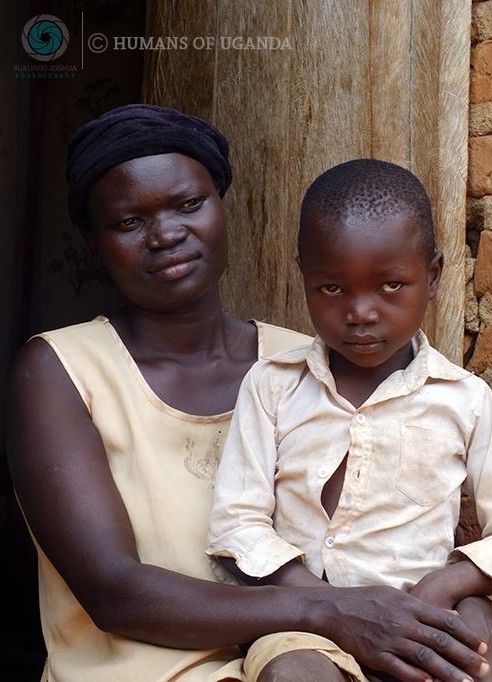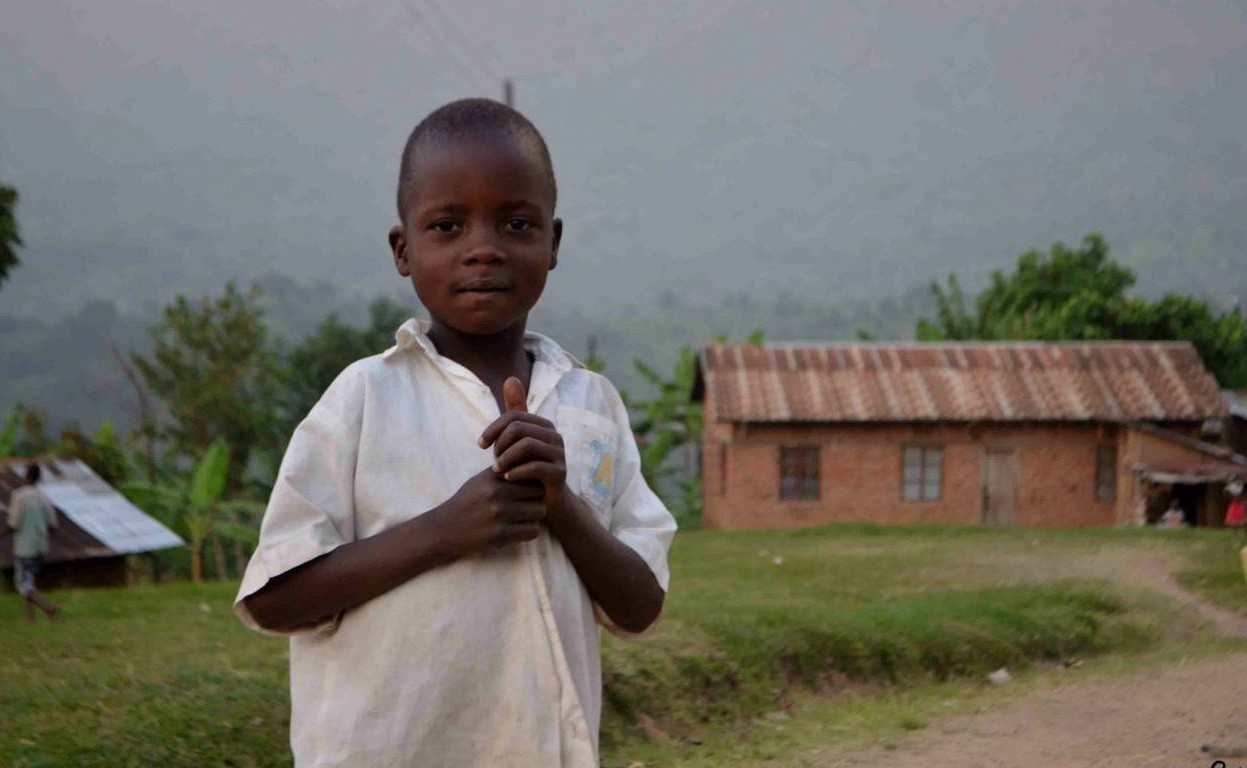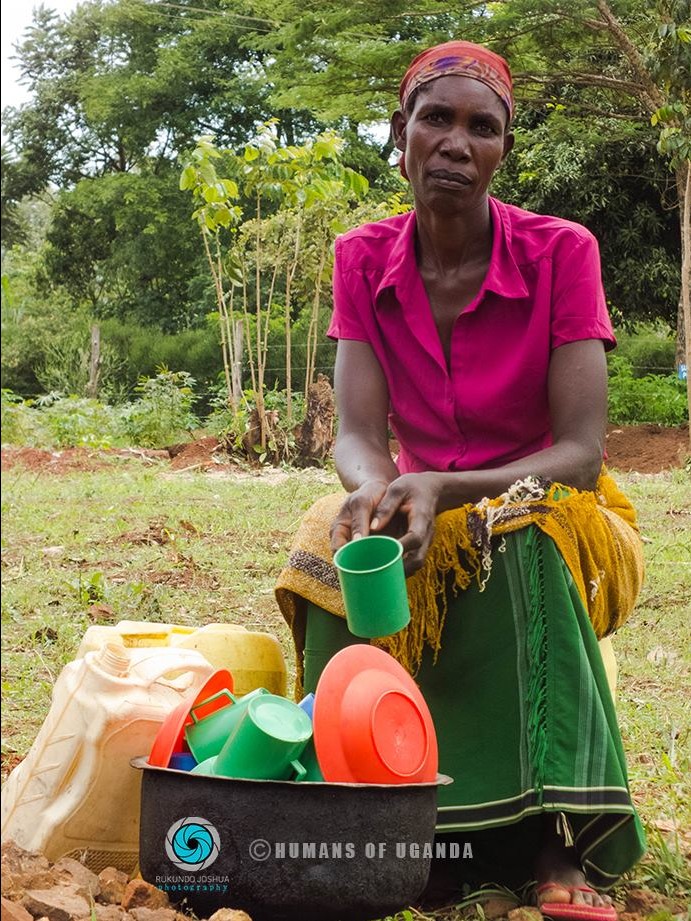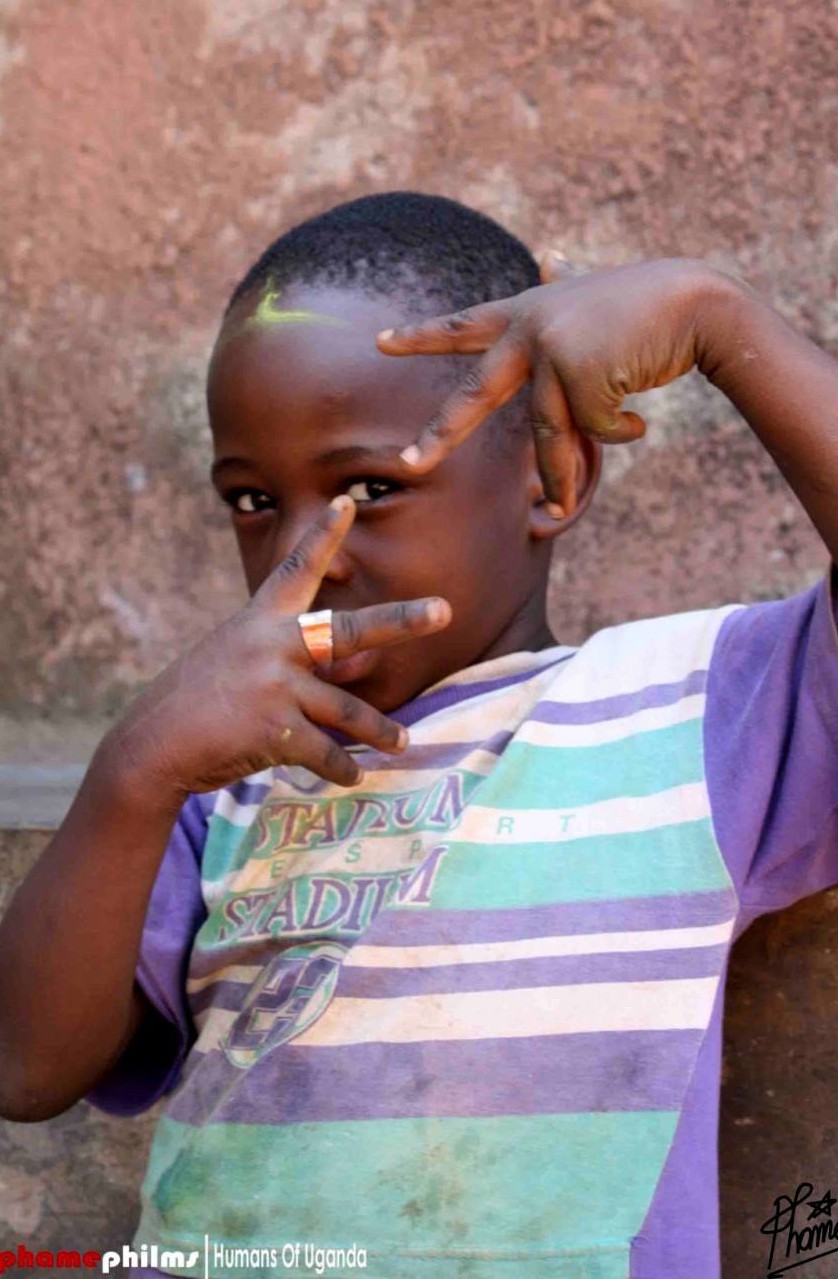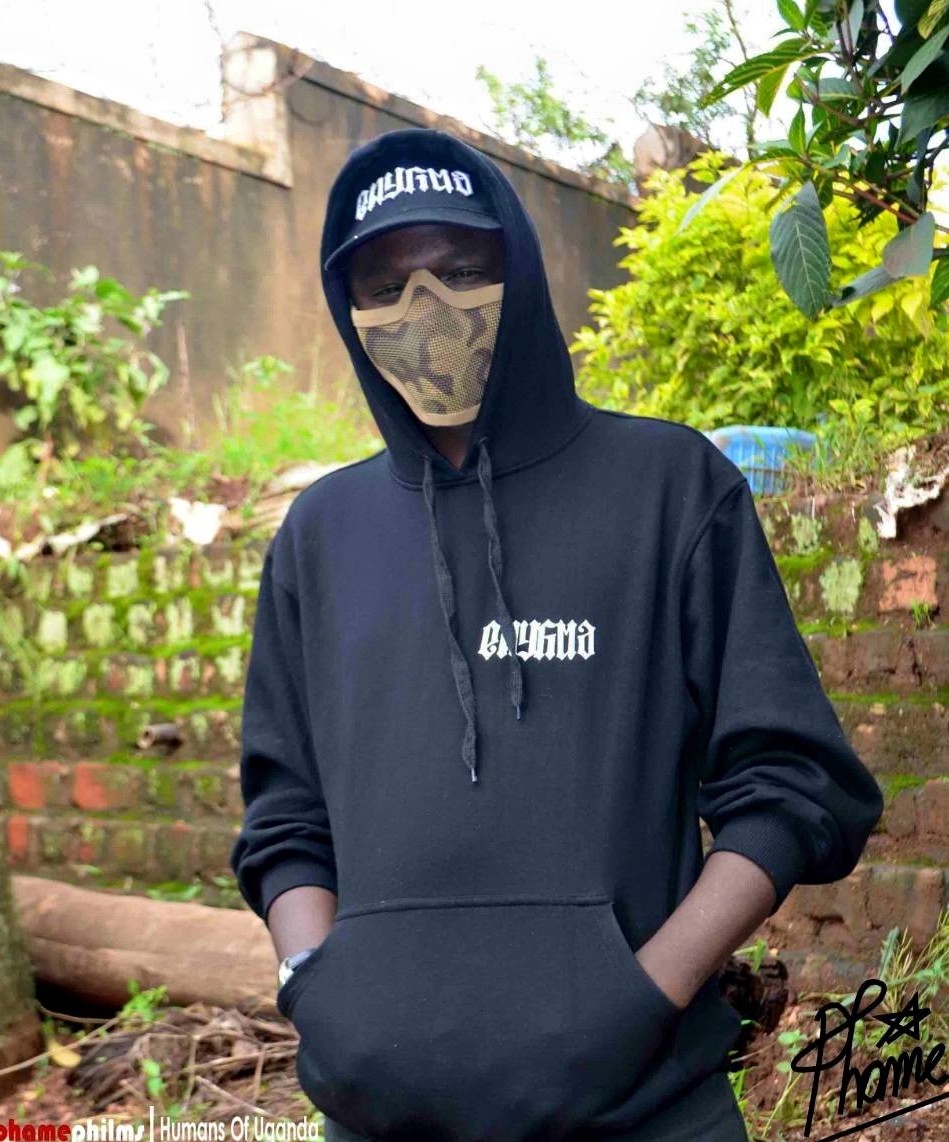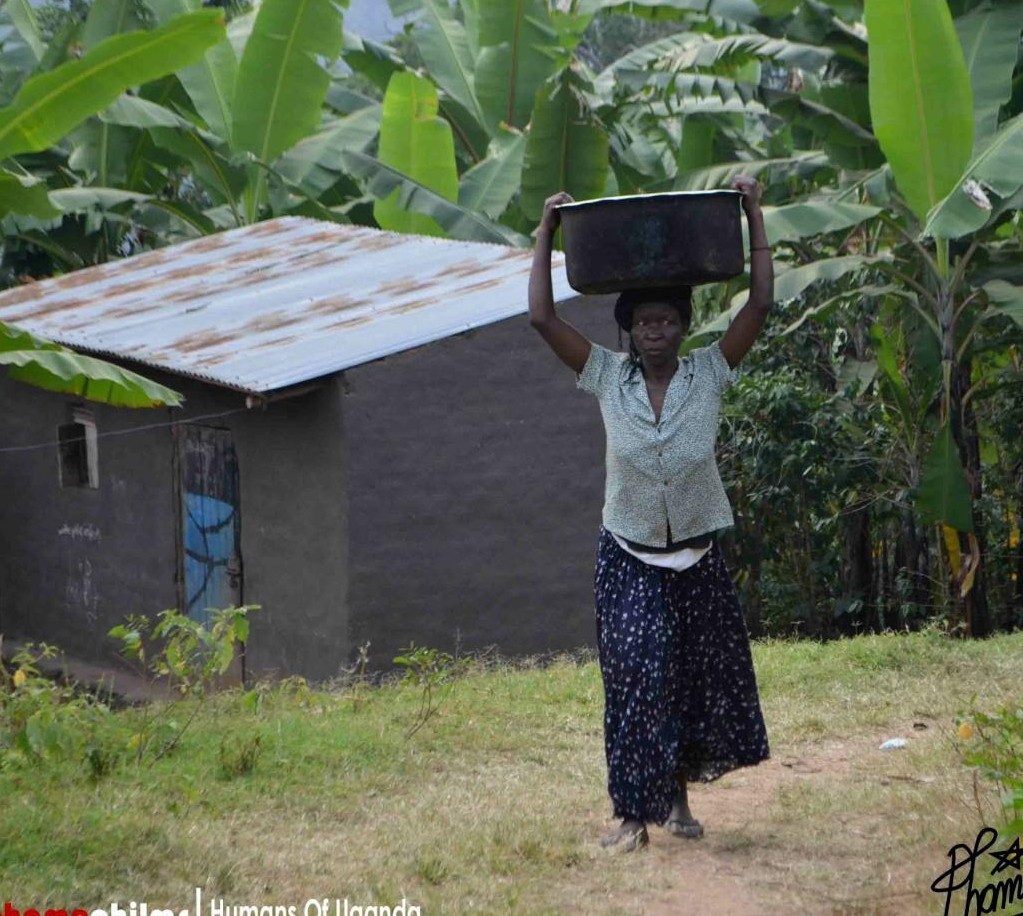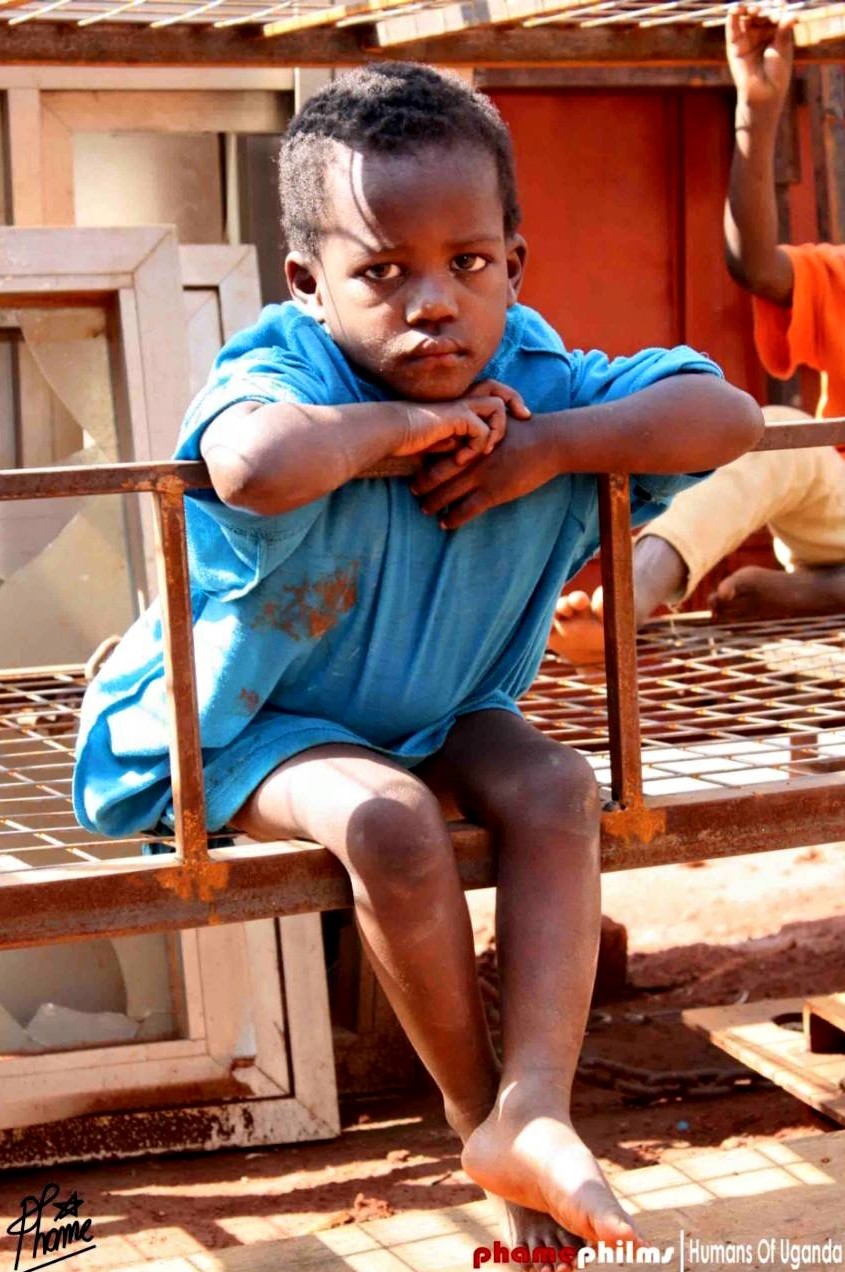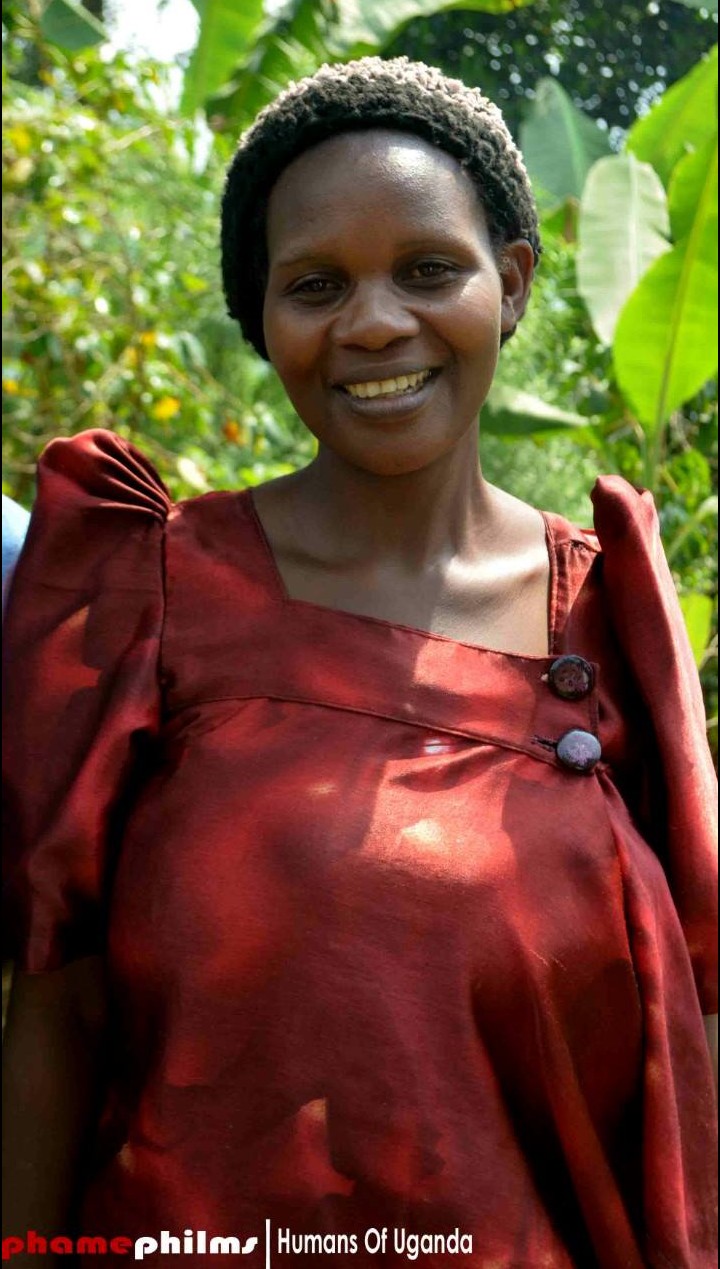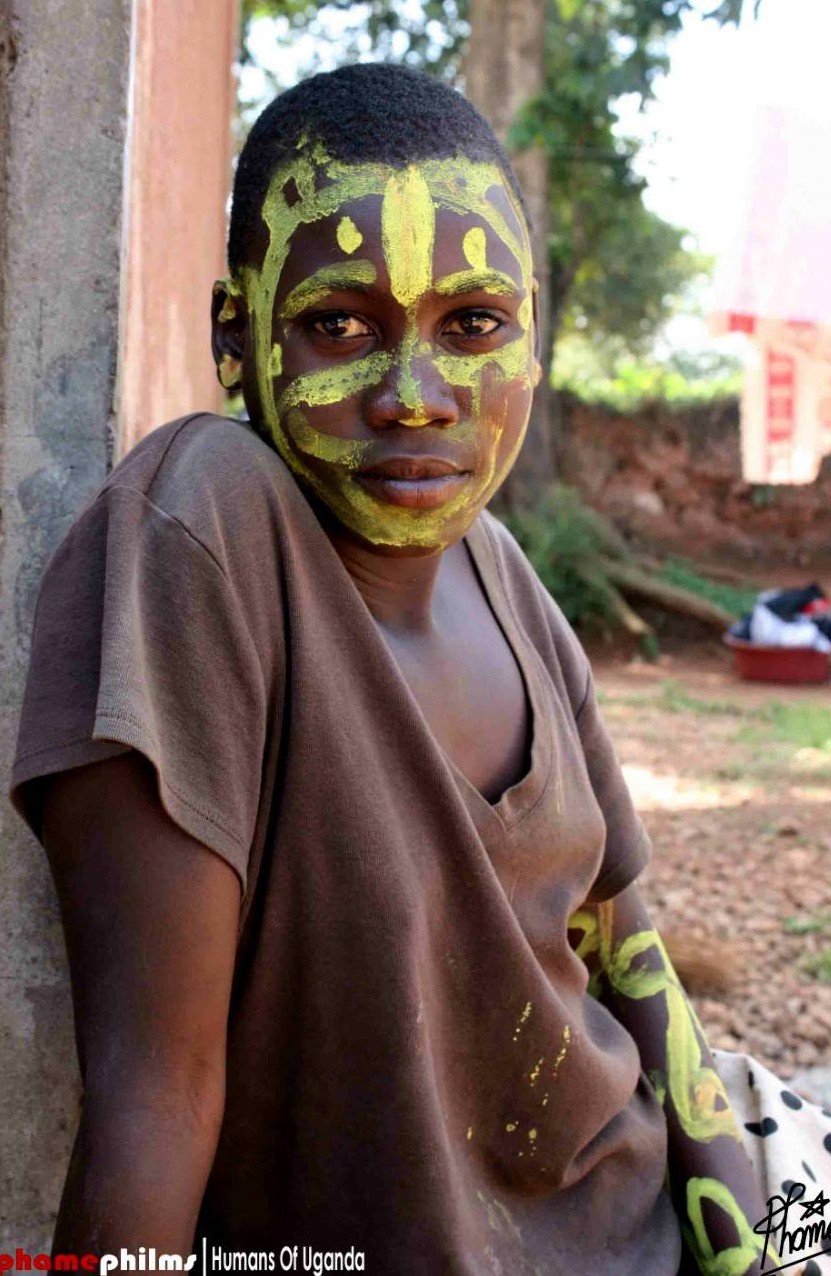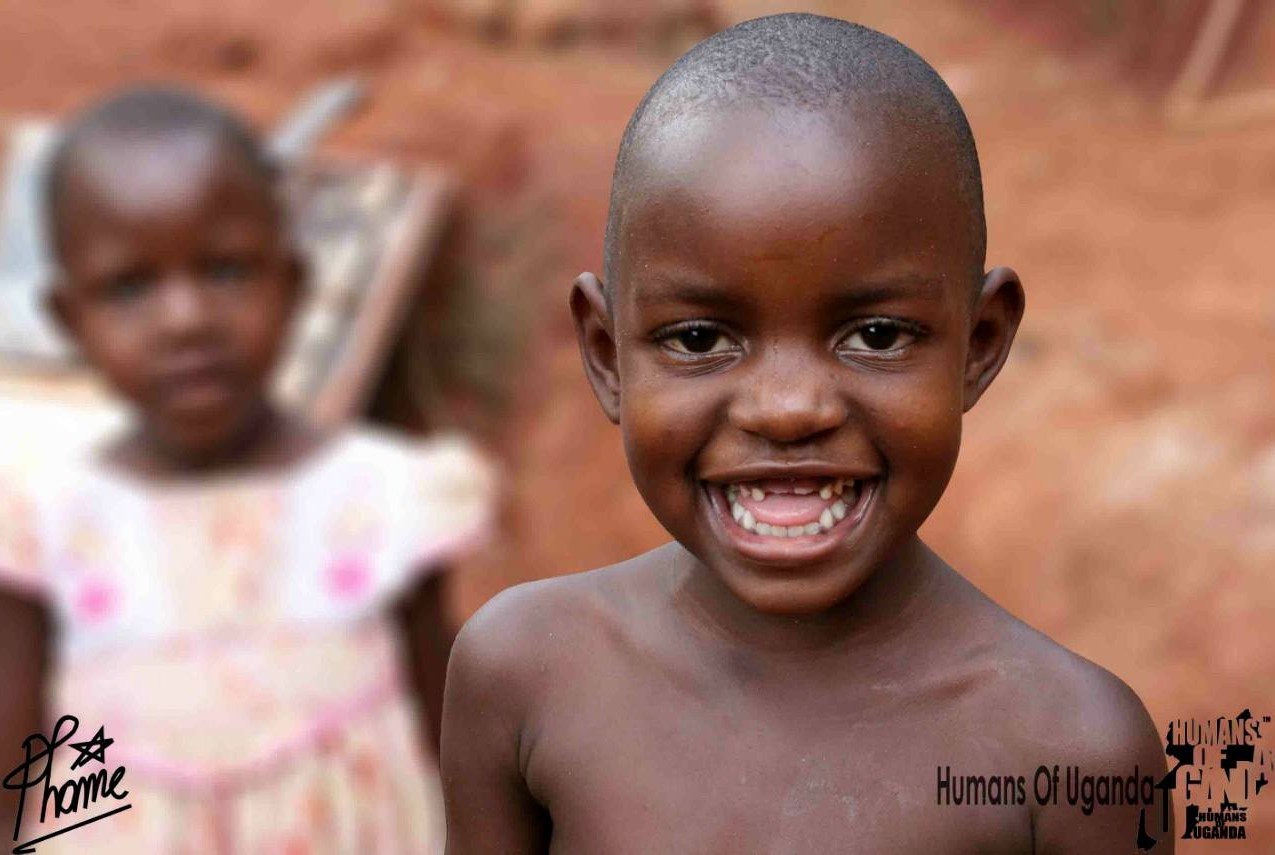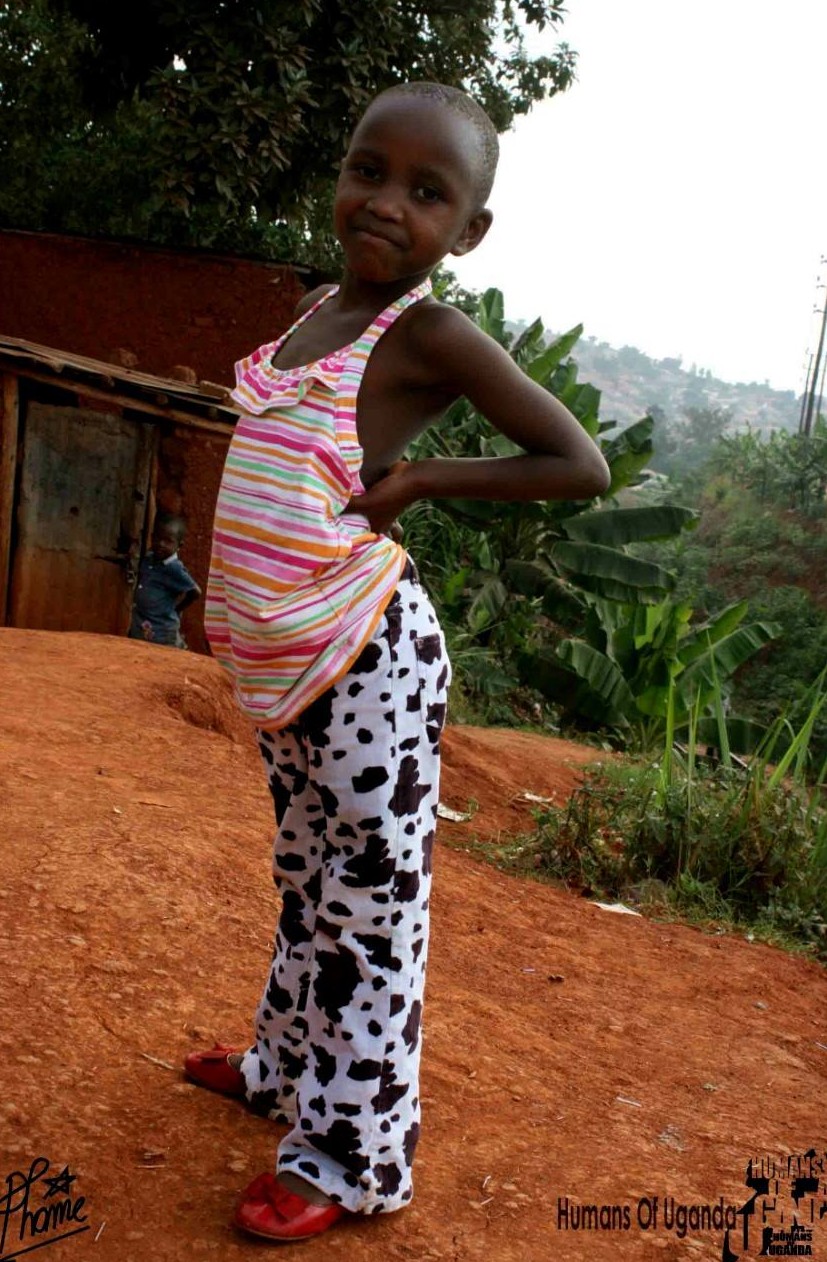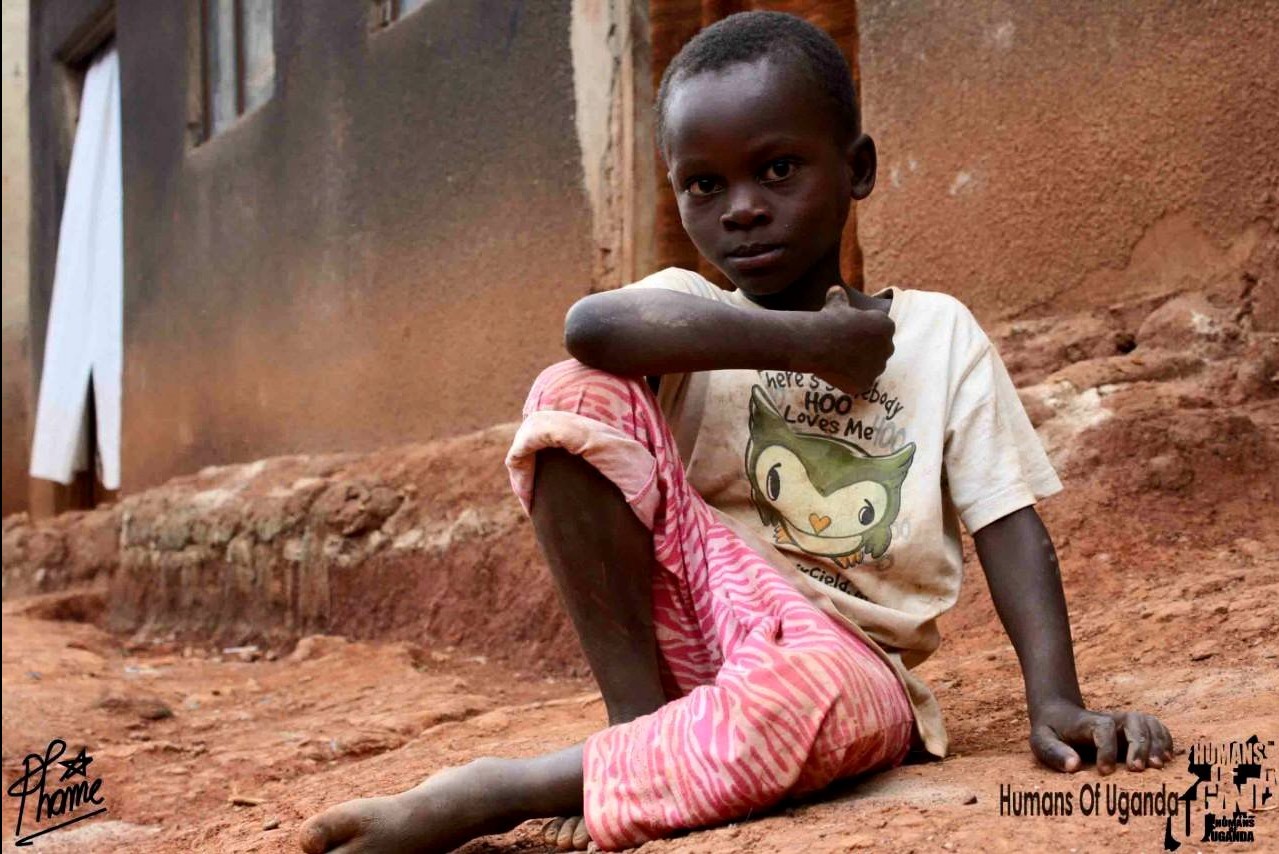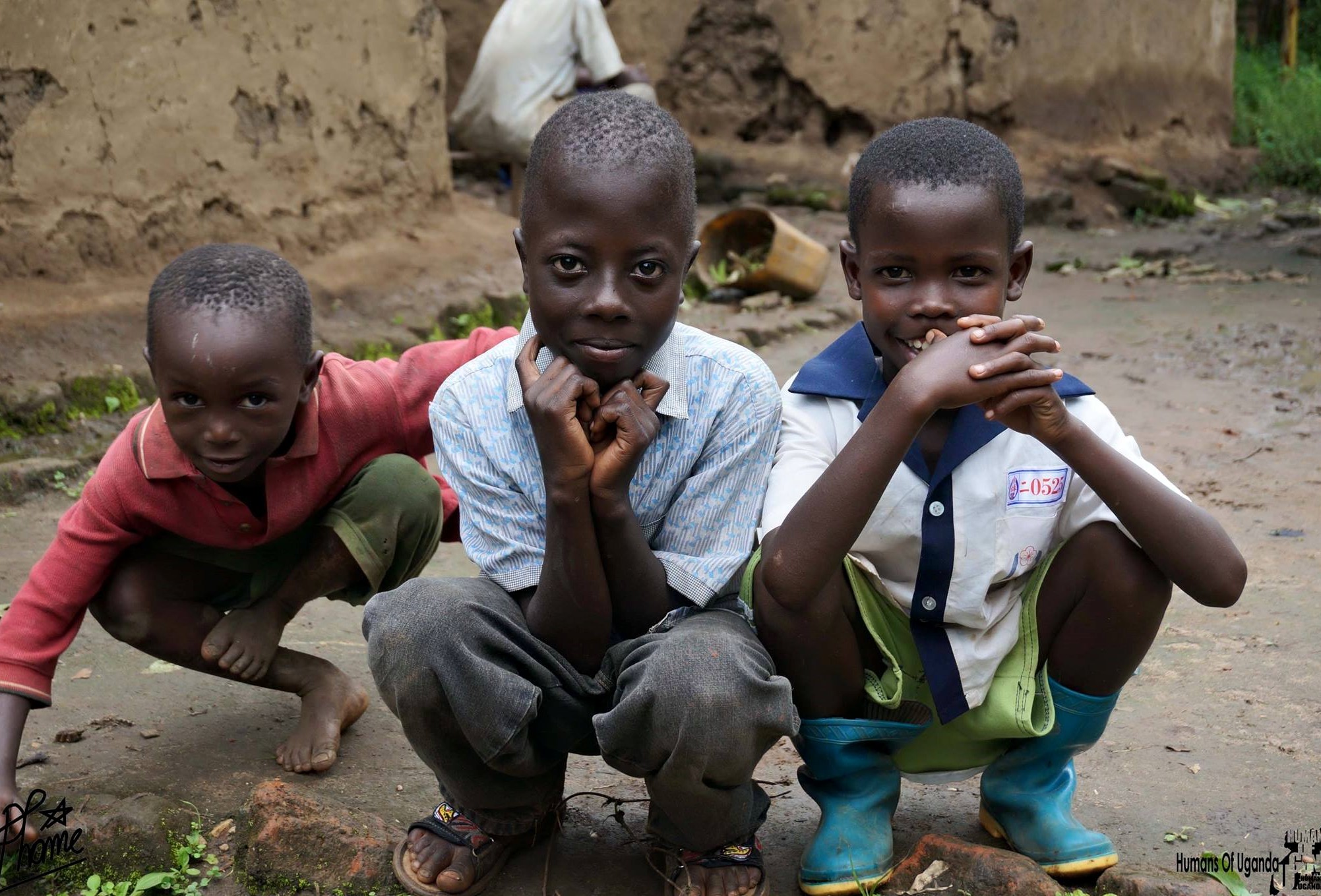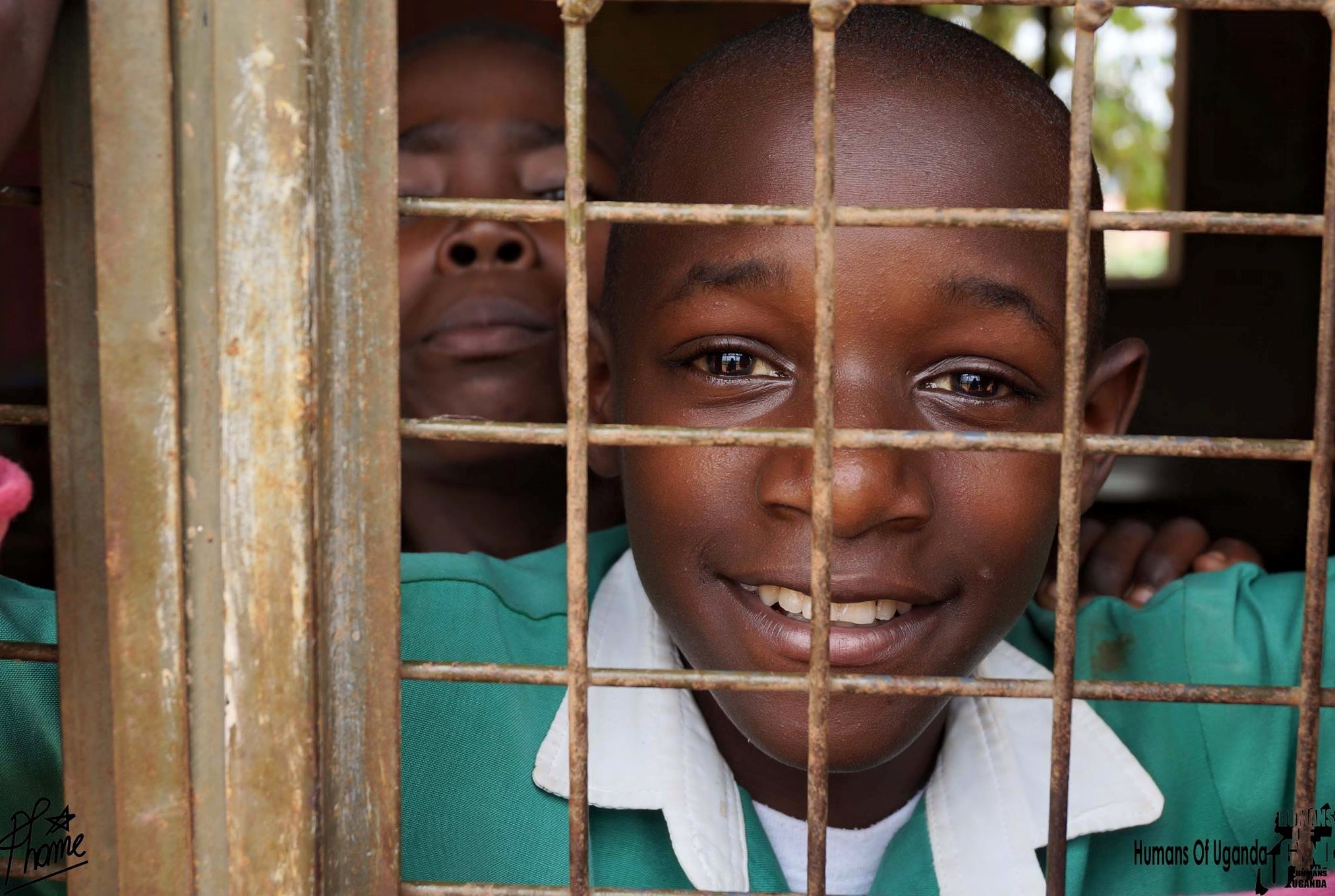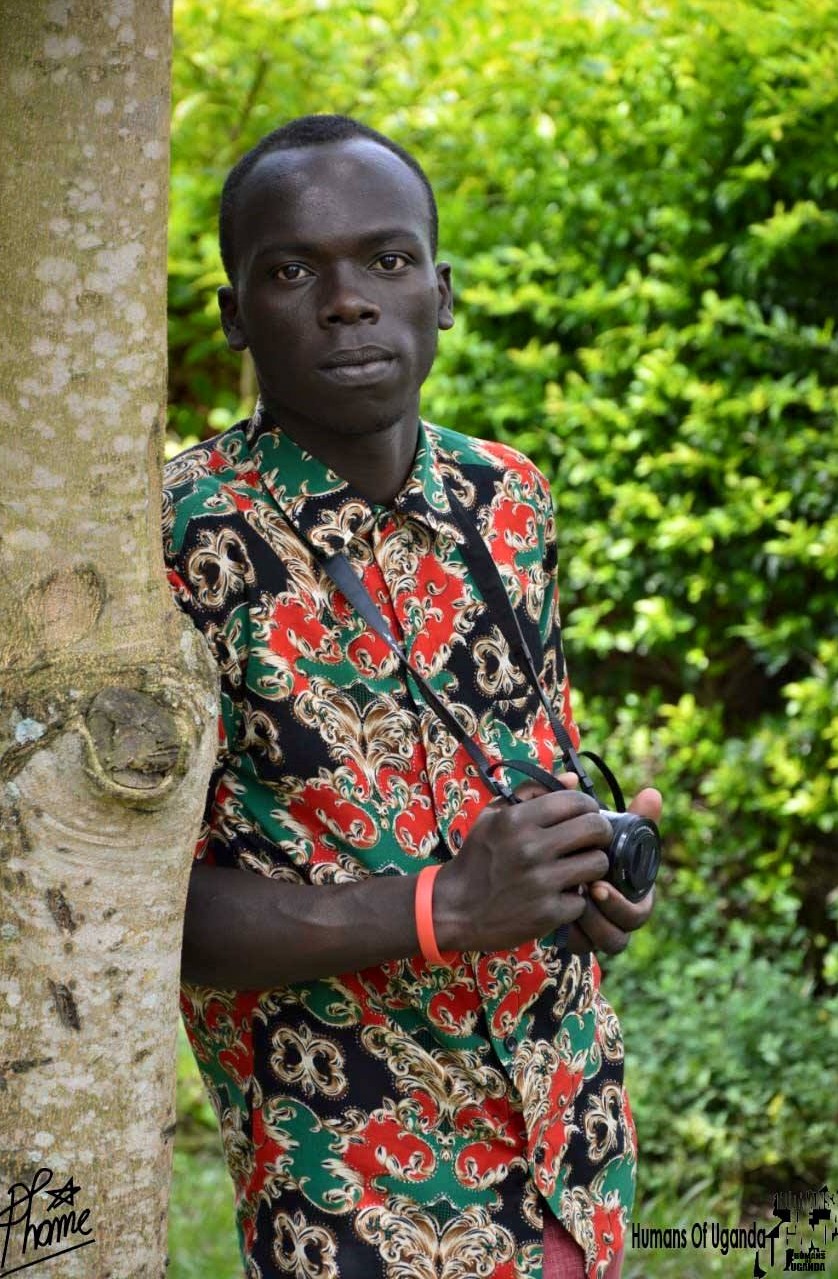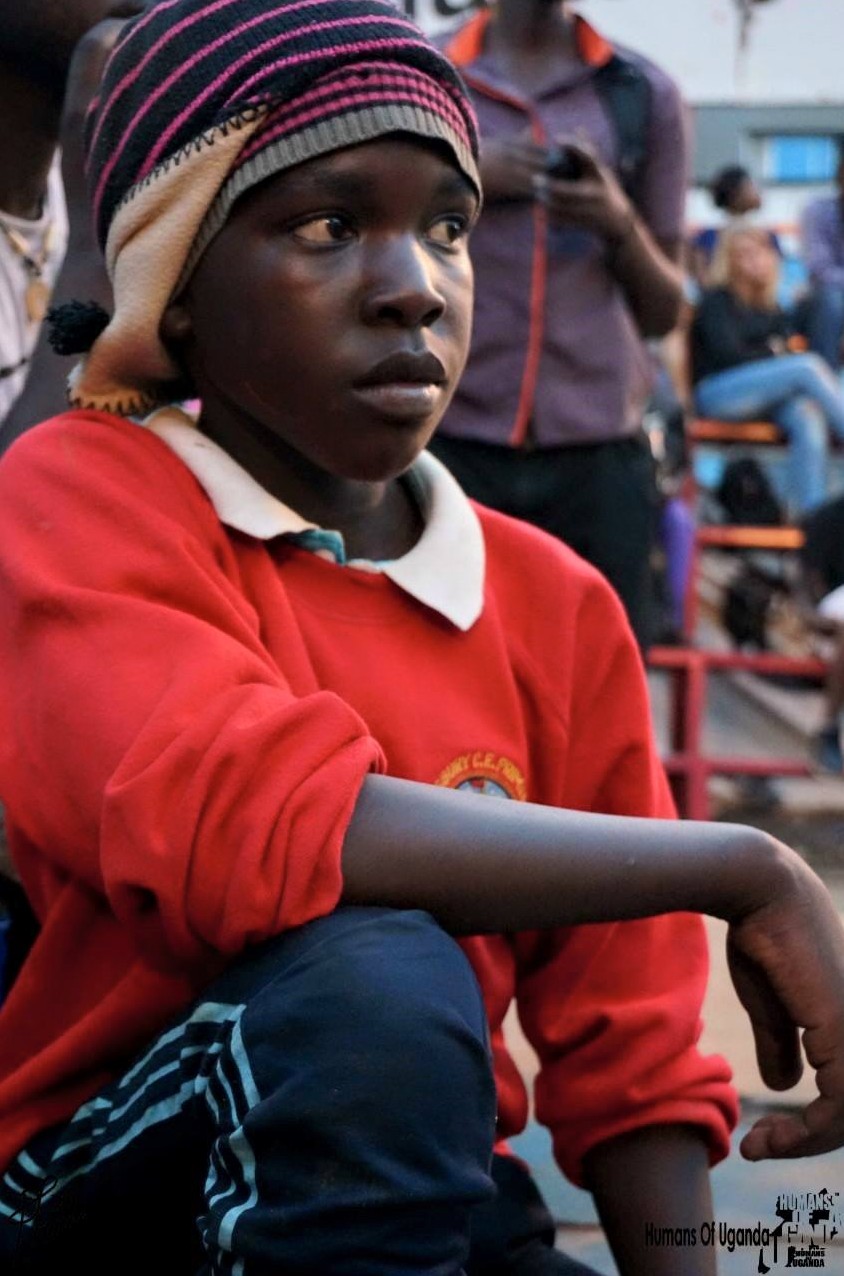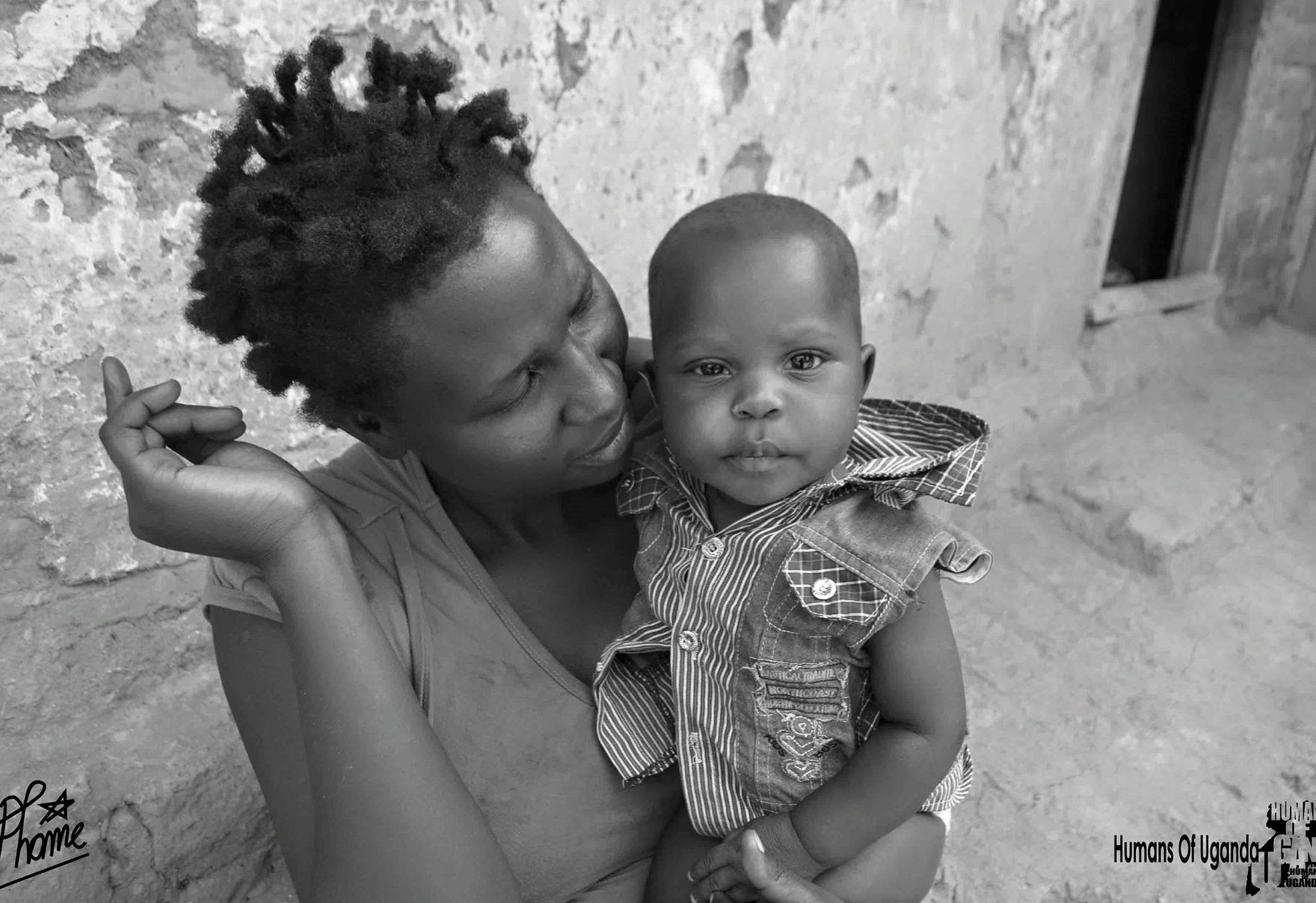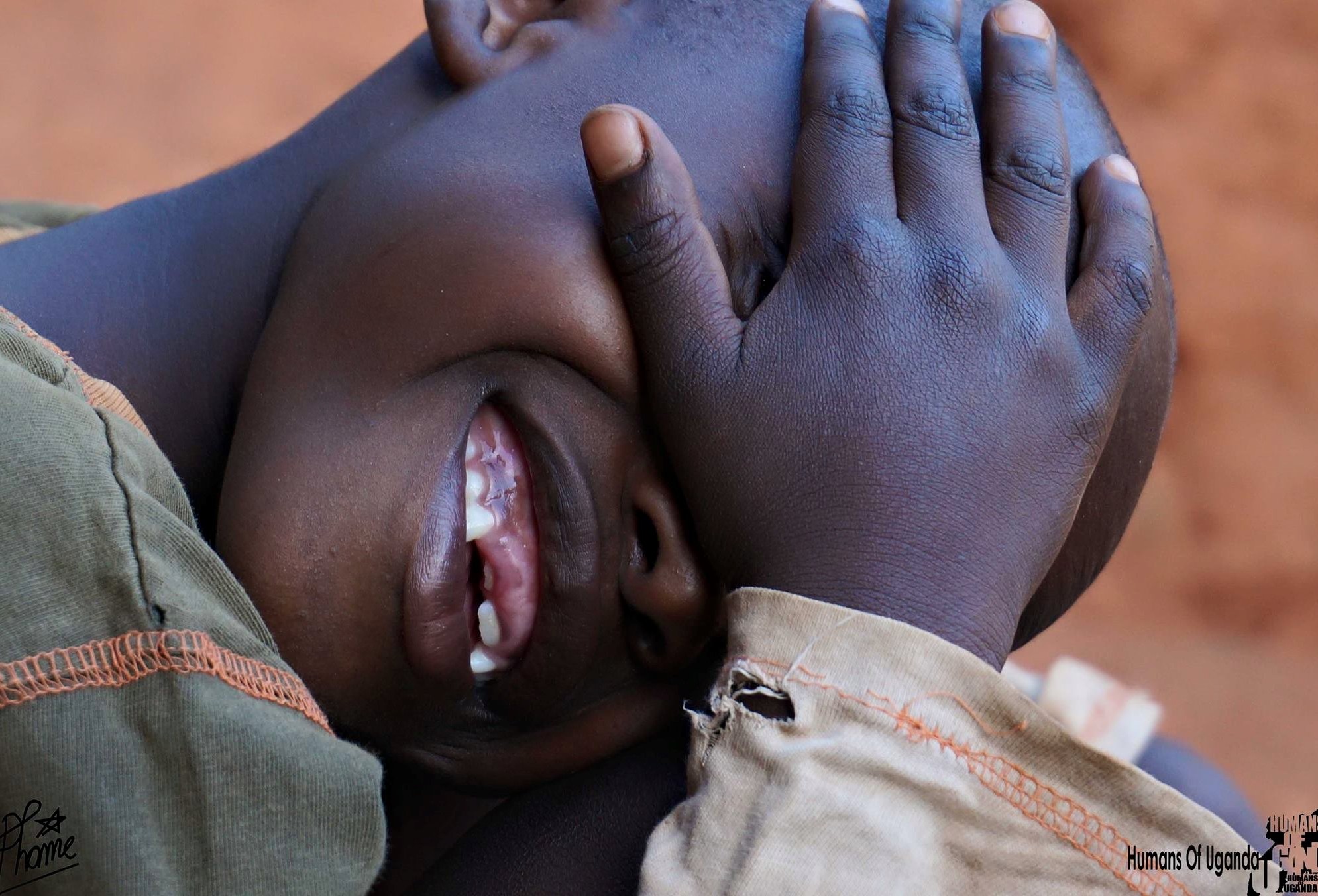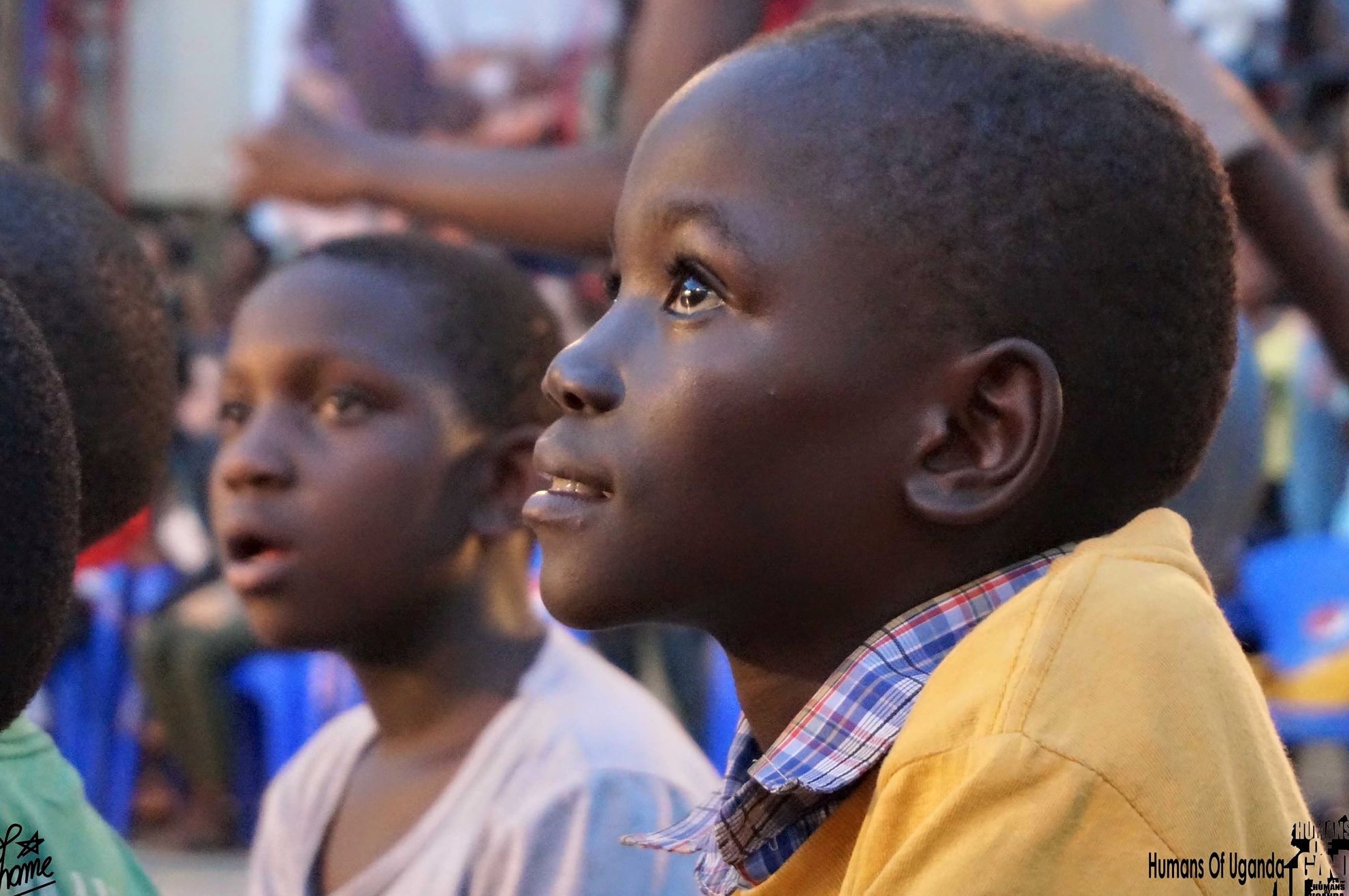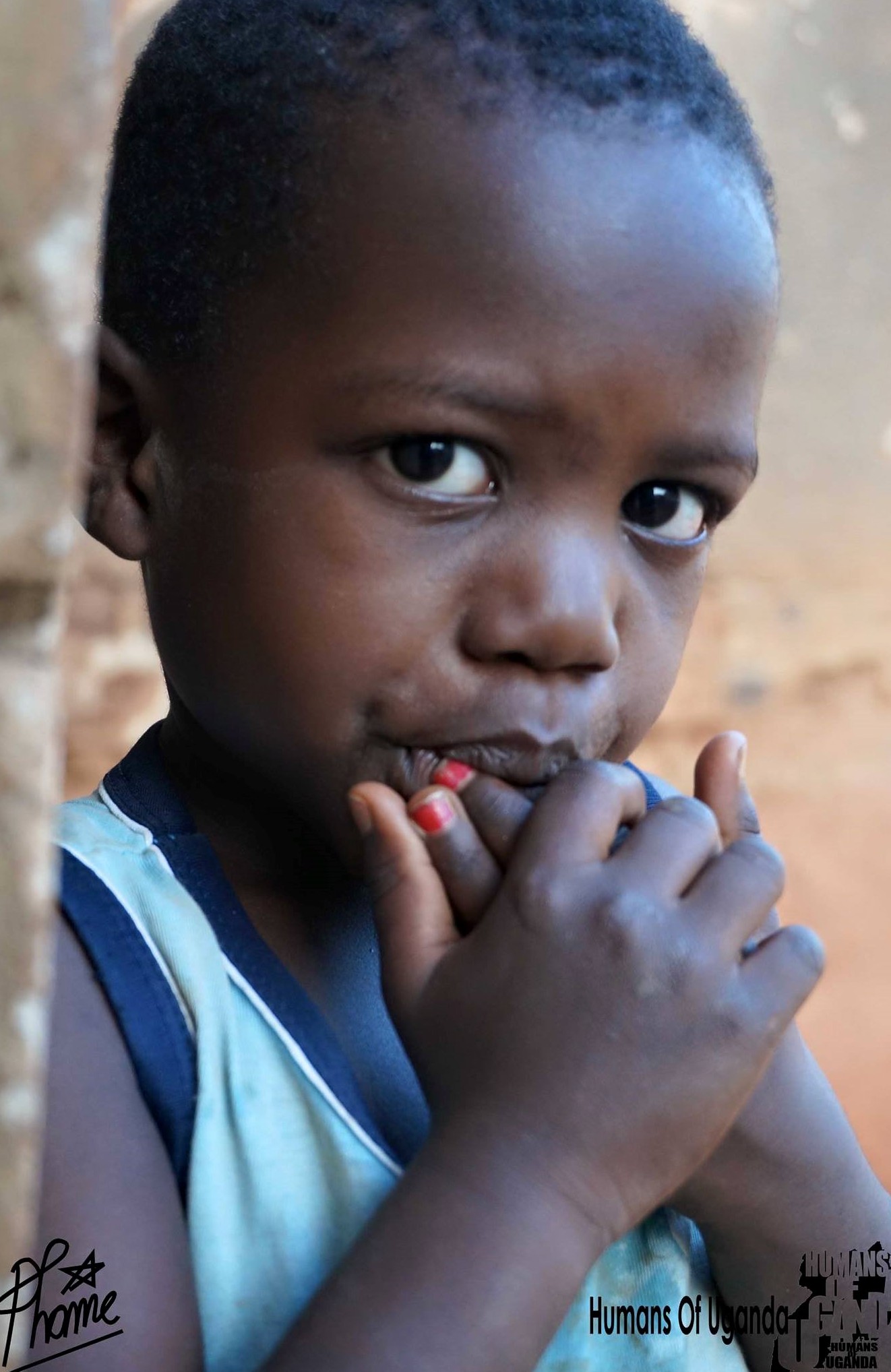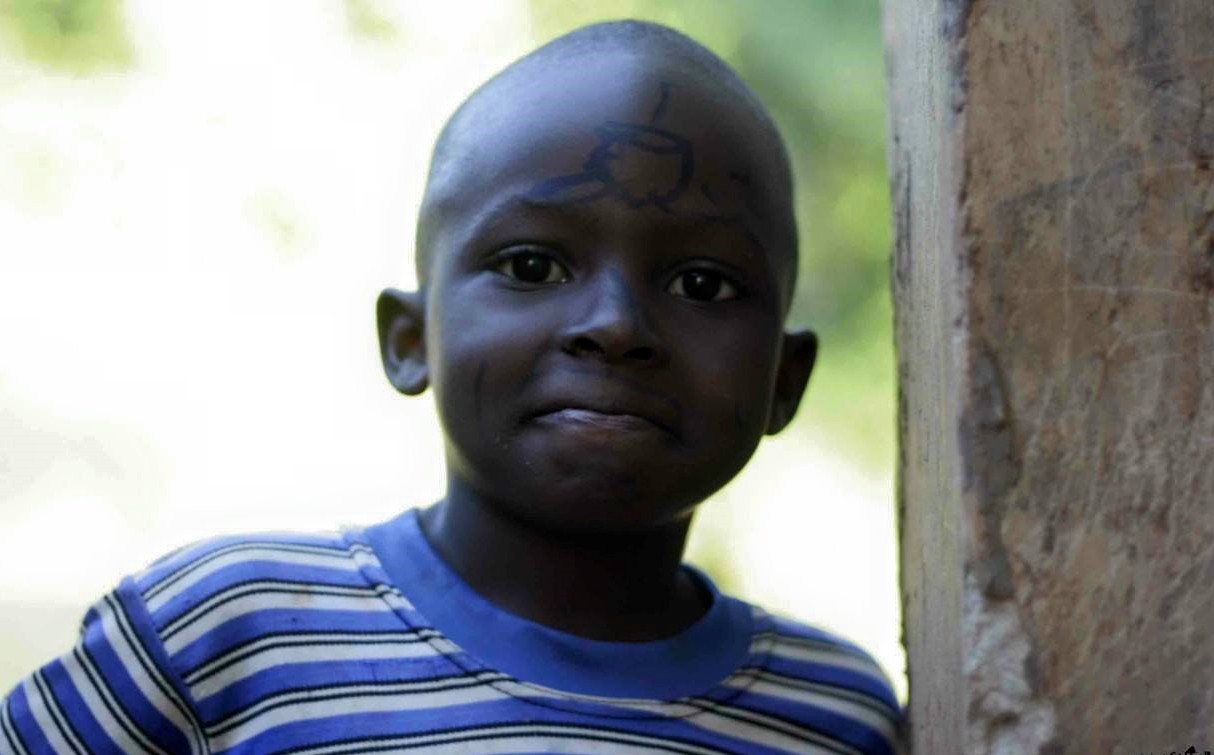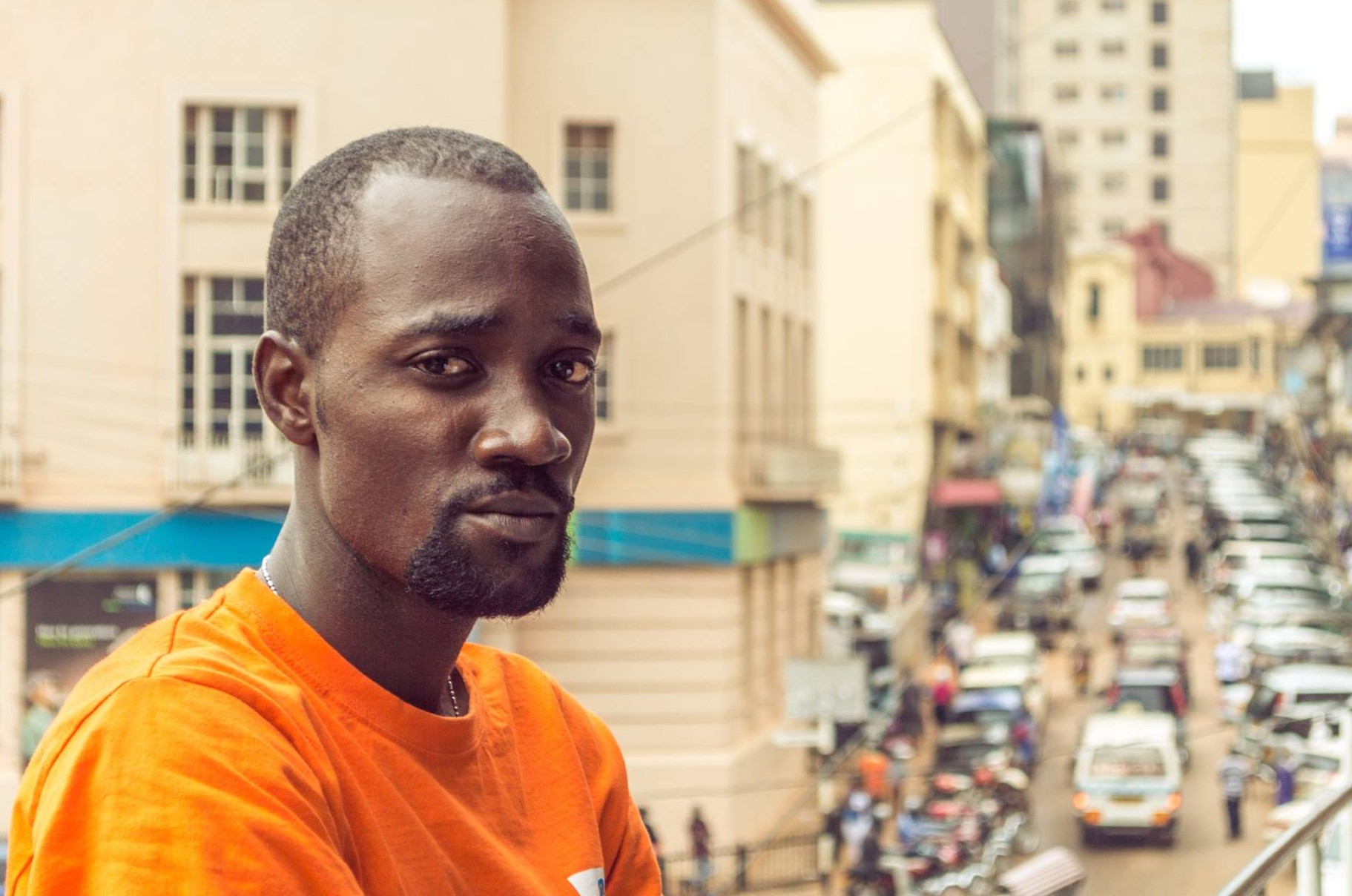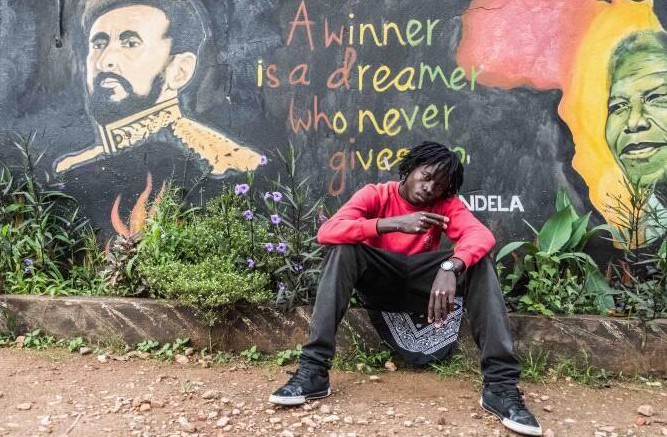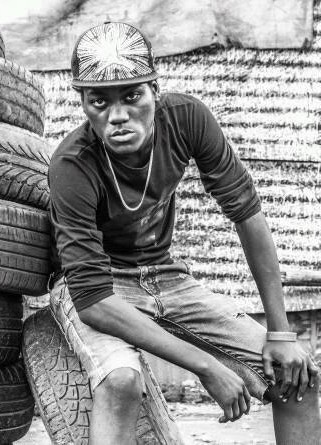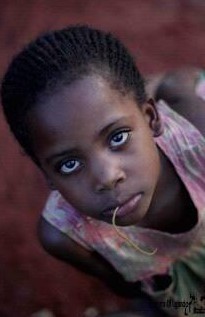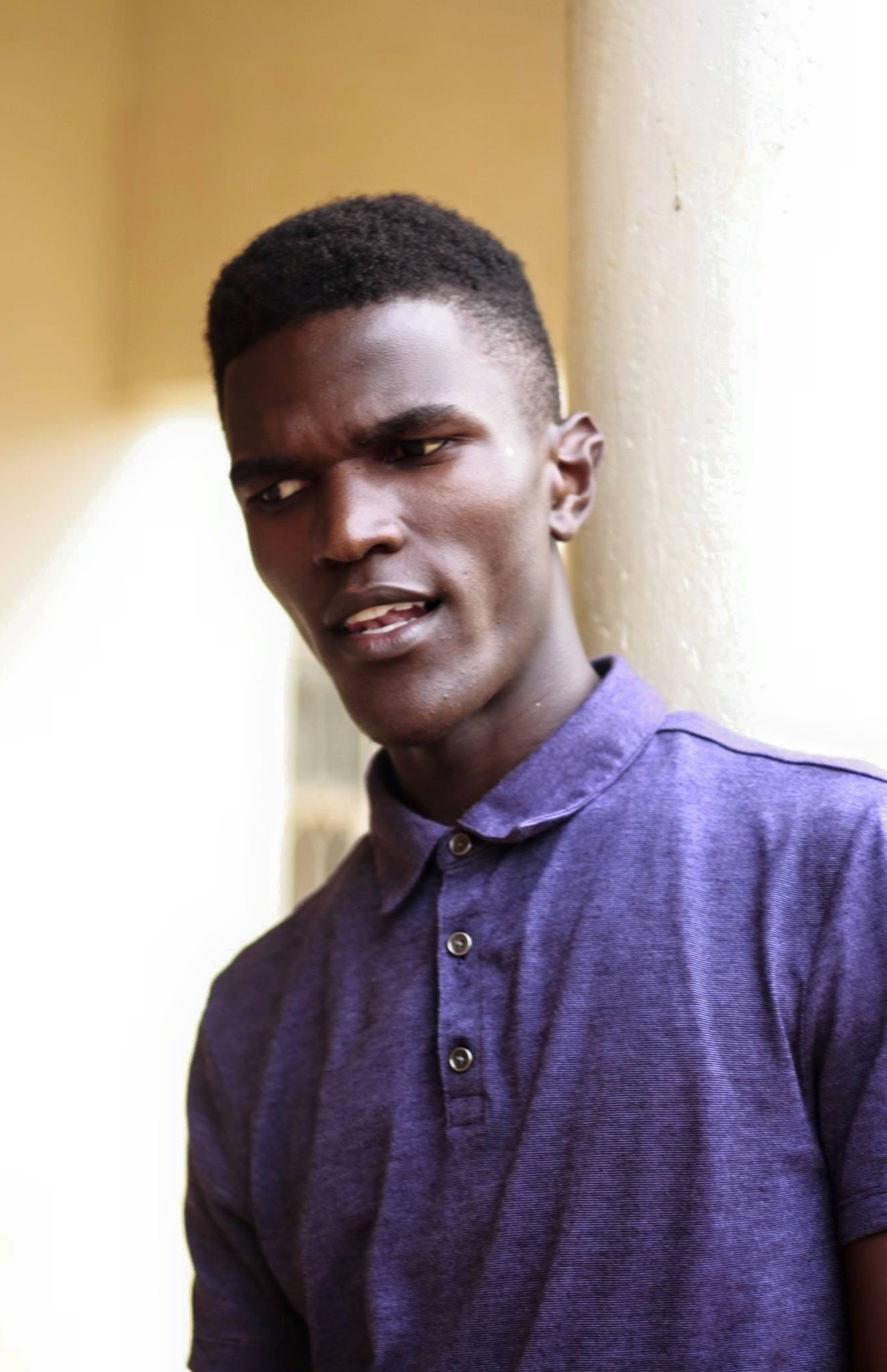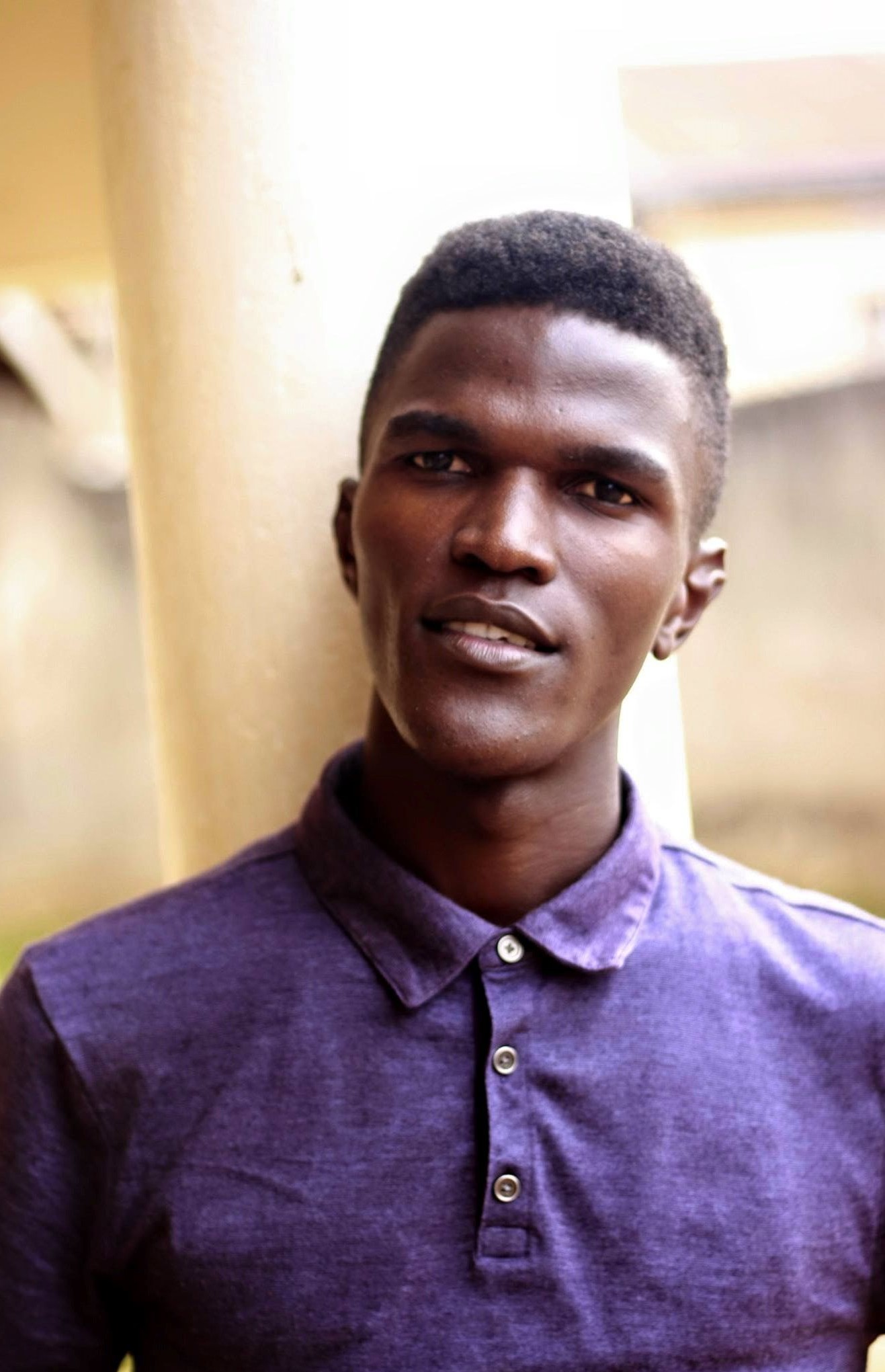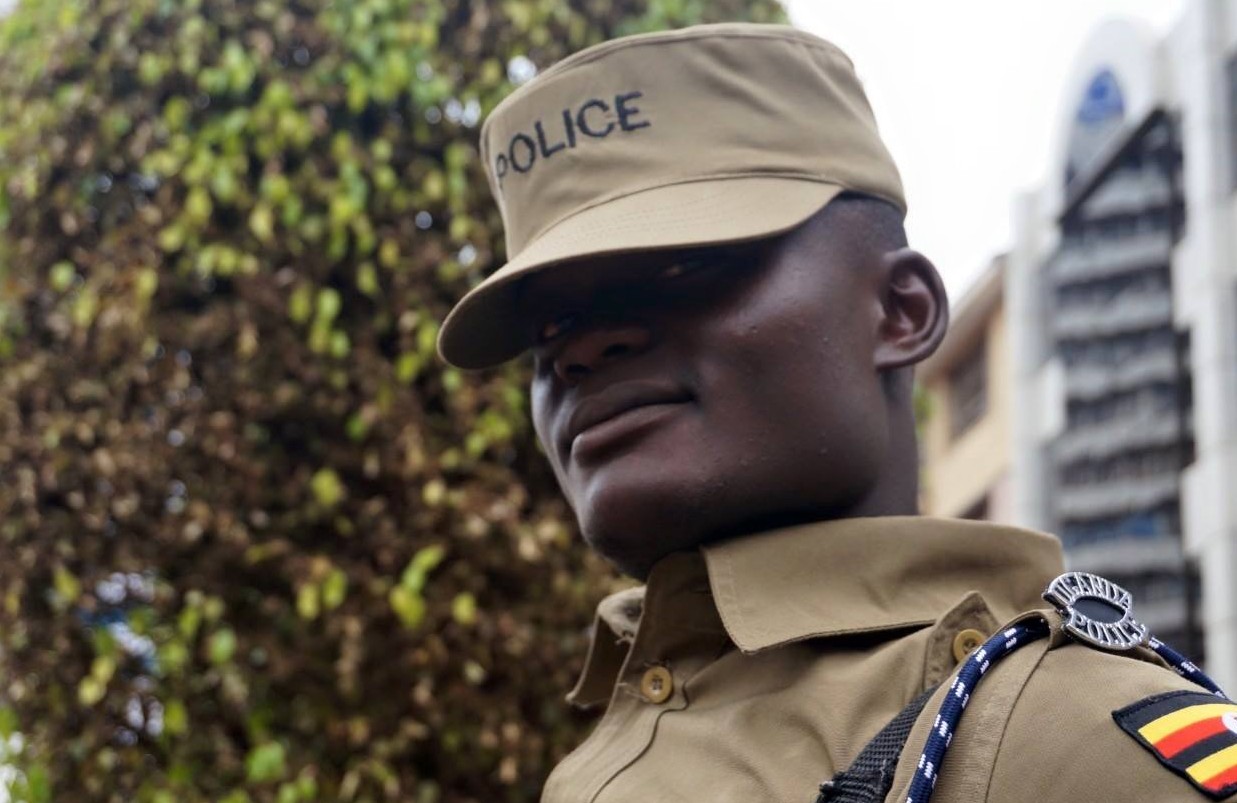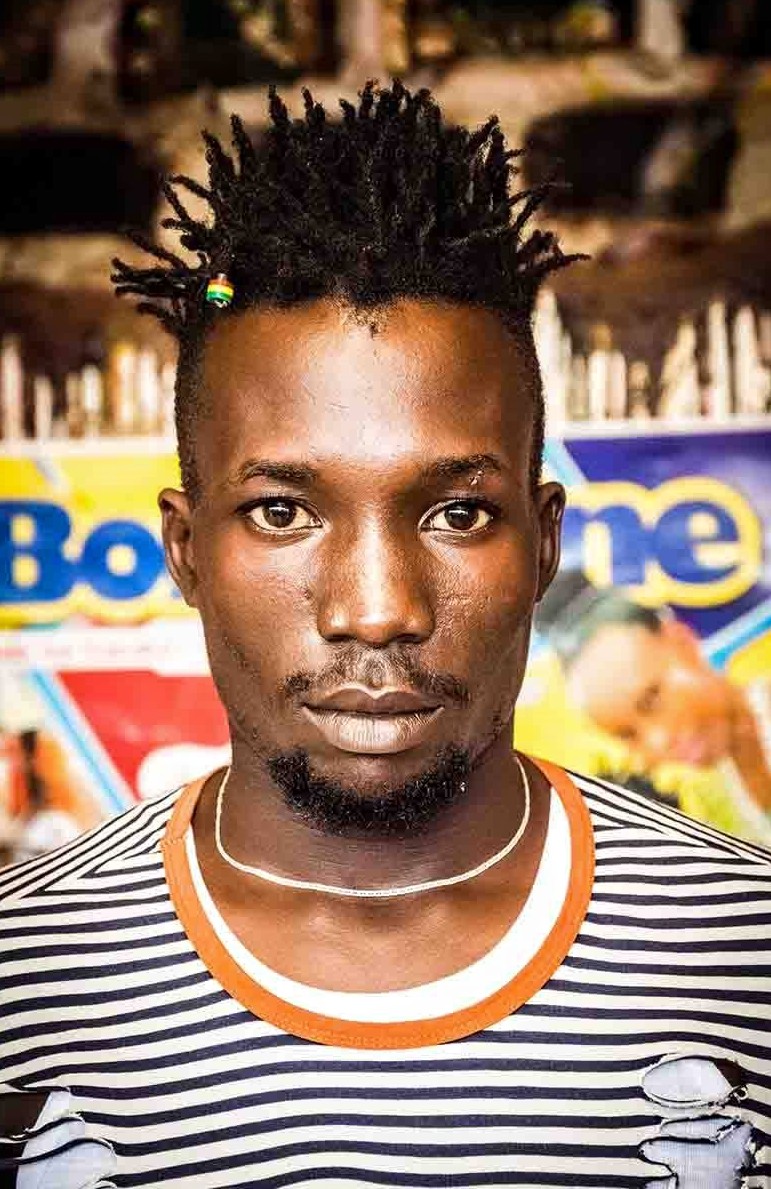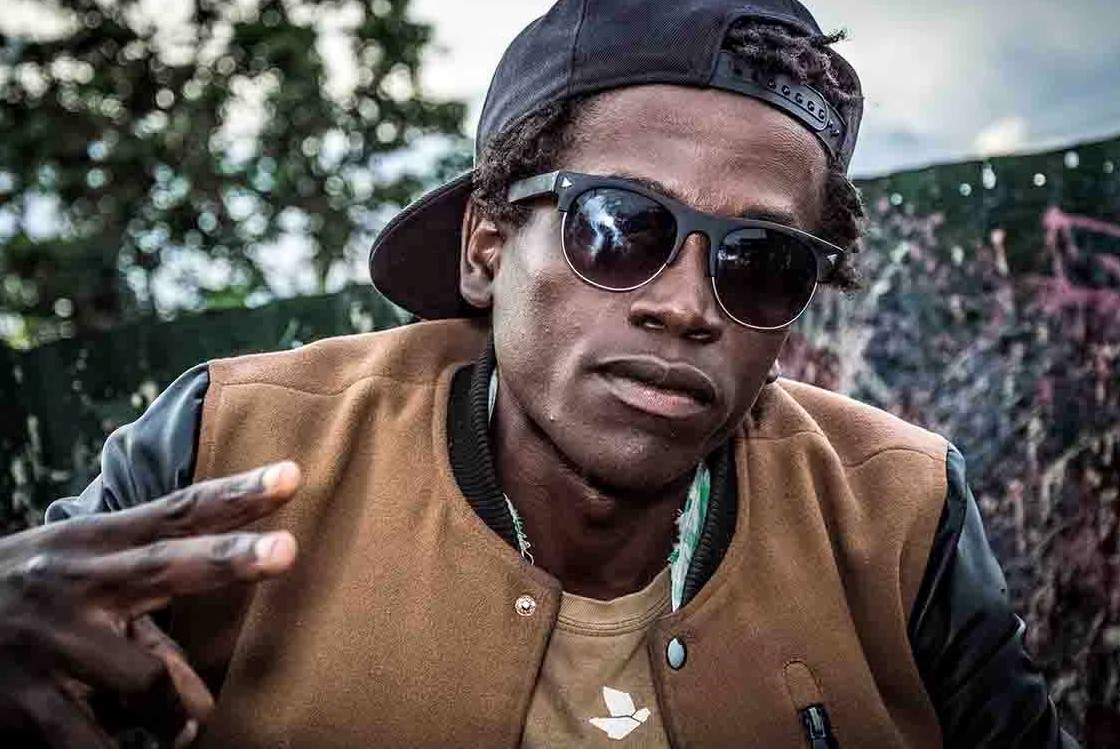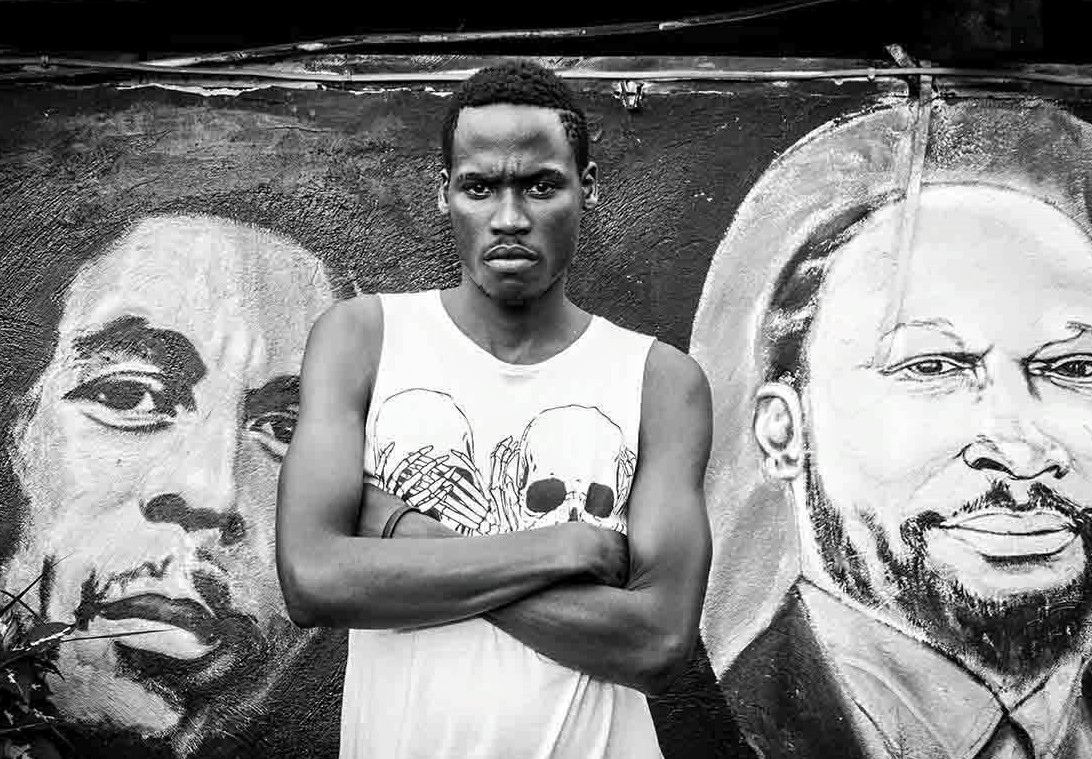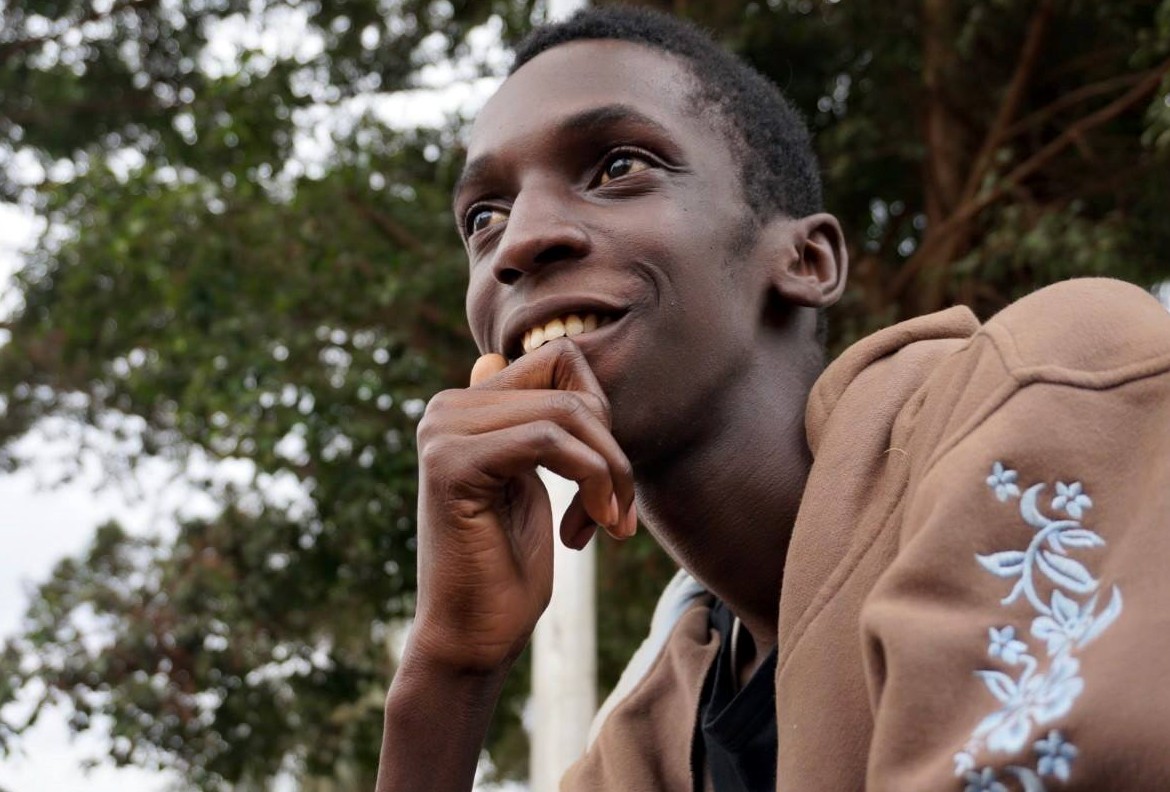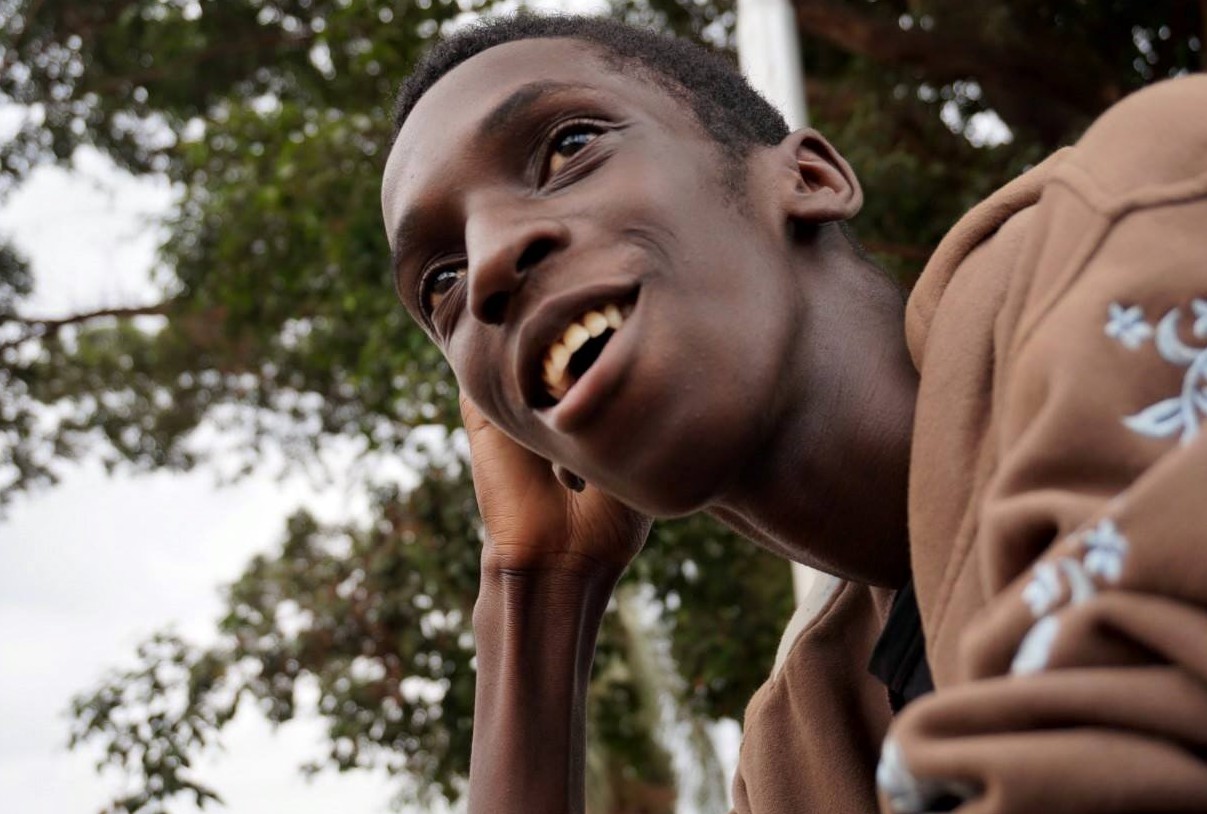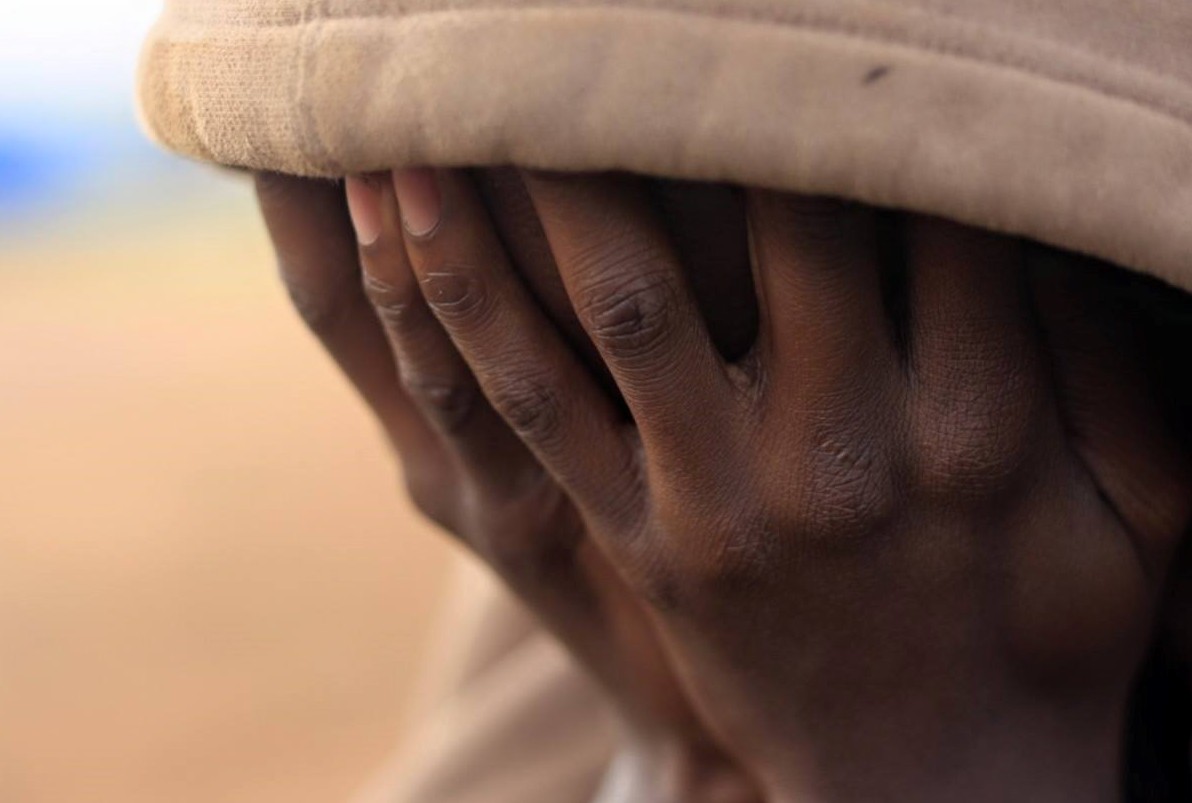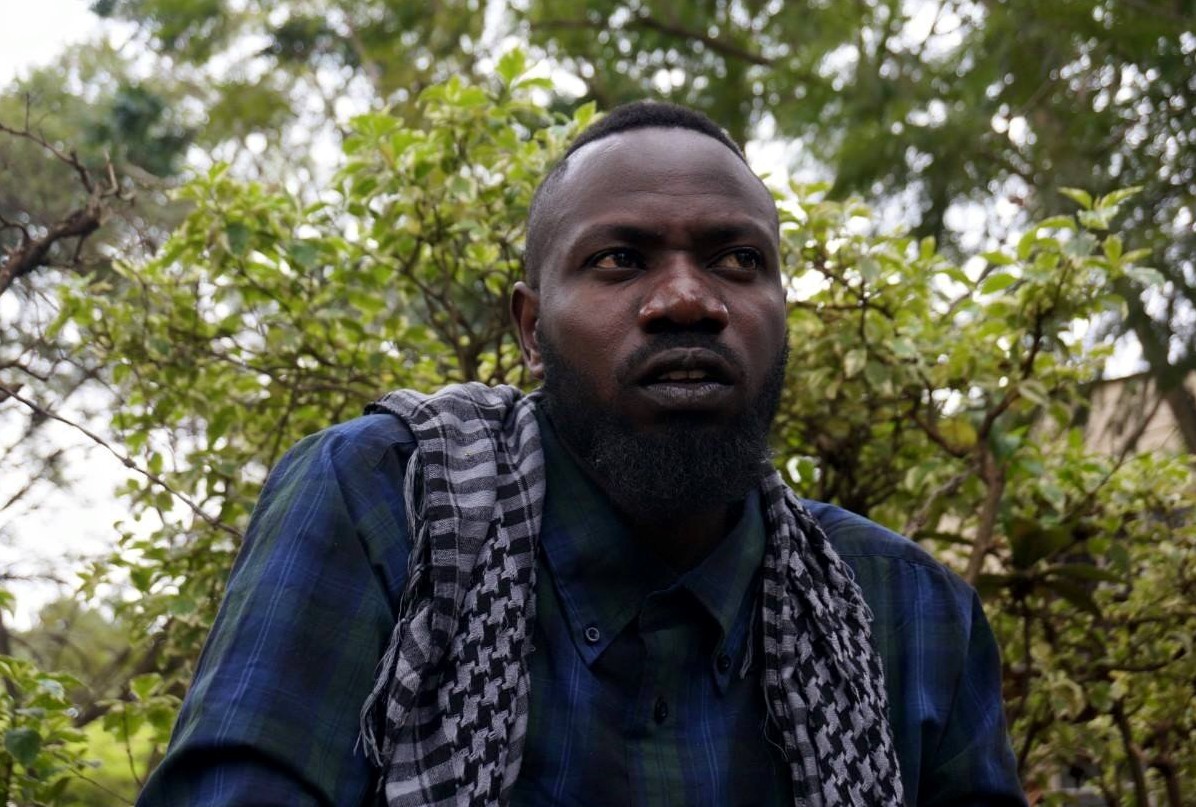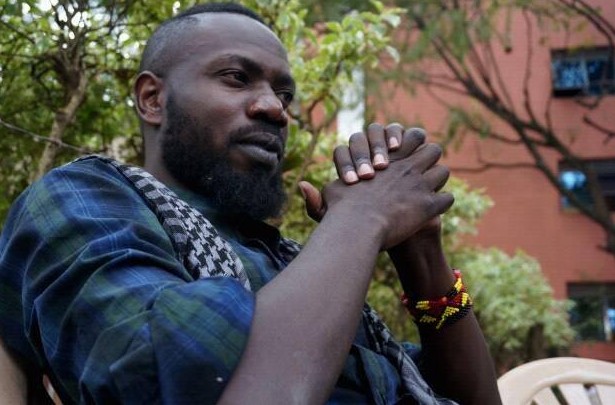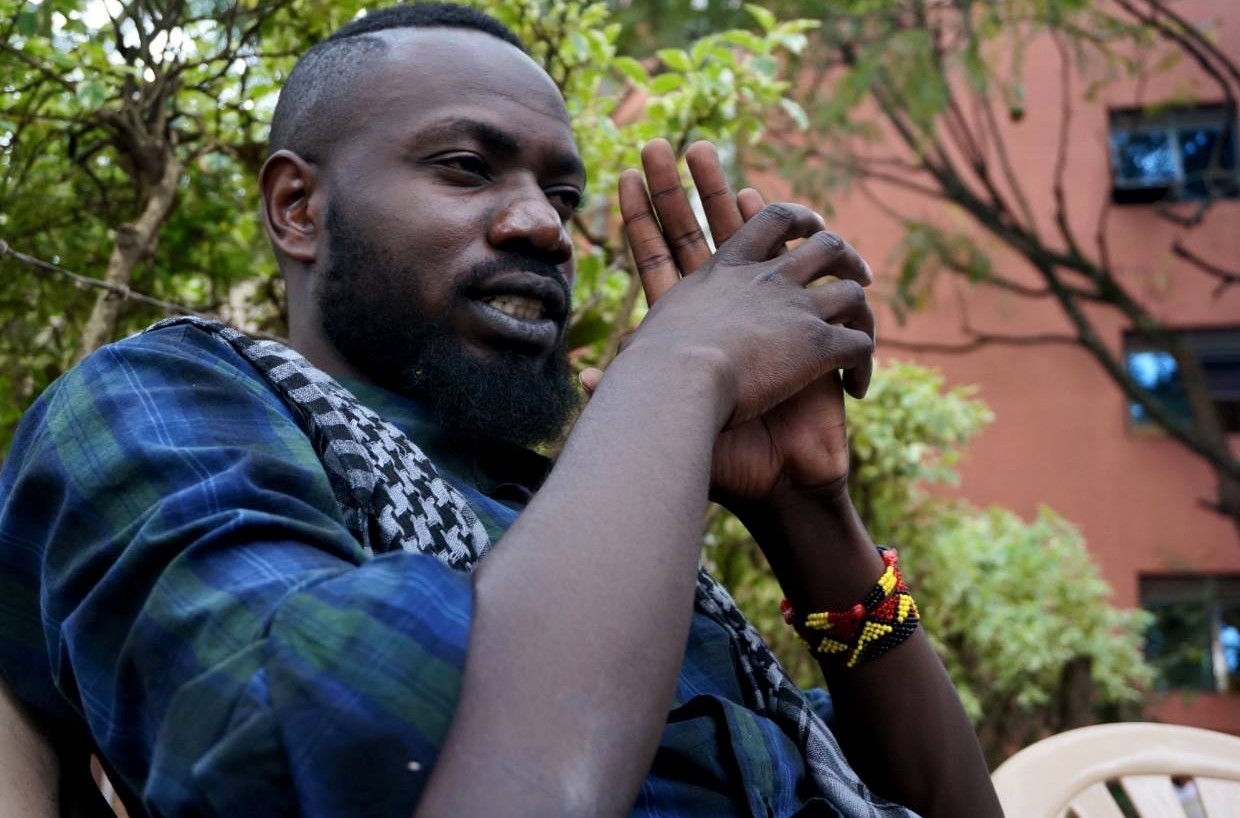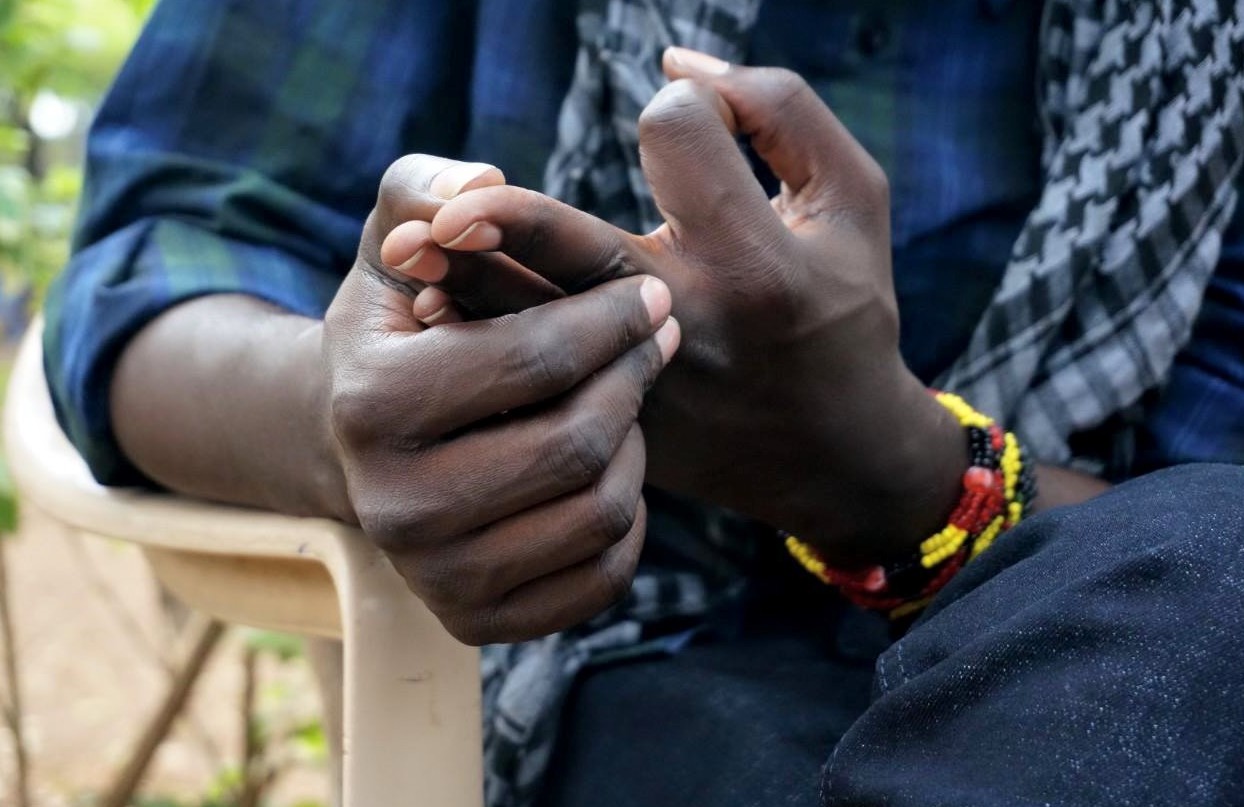[2/2] Living with the trauma, fright and fear of not telling someone in the home or even my parents that I was violated even exacerbated anger for revenge one great day of my life when I should have the power he had to overcome me by sexually abusing me. That urge was the self-realizing power to ensure justice for myself and my other friends who also explained similar stories to me when we played together but mine was the death Taboo.
Those sober moments enriched my stance for social justice, equality, power sharing, openness, and the respect for human rights. I couldn’t tell my story to all my friends but I then realize that there would be a bigger platform if I chose a career of storytelling to ensure others stories are told to the world even though mine wasn’t told until now. Through the over a decade of storytelling and advocacy around justice for survivors and victims of sexual gender- based violence, exploitation, rape, child marriage and other human rights violations, I still believe that my story is being told through those cases that sometimes find justice in the courtroom and at the community level.
However, in the midst of a rapidly evolving digital age, I recognized the potential of new media to amplify my message. With unwavering determination, in 2020 I harnessed the strength of the internet to establish an online TV platform called "Women's TV-Liberia." This ground breaking venture aimed to project the voices of women and marginalized populations who had long been marginalized and neglected by society. Through Women's TV-Liberia, I set out on a mission to uplift and provide voices to women across the country. Traveling to remote villages, urban slums, and everywhere in between, seeking out the stories that needed to be told are some of the best and amplifying moments of my life.
With each interview, I’ve provided a platform for women to reclaim their narratives, to shed the cloak of victimhood, and to emerge as survivors, warriors, and agents of change. I understood the depth of pain and suffering that countless women and other marginalized endured, and I remained committed to their cause. I knew that my own healing was intrinsically tied to the healing of others. Through the power of storytelling, I have transformed my personal tragedy into a force for change.
My journey, from a shattered childhood to a champion of human rights, demonstrated the indomitable strength of the human spirit and the capacity of one individual to make a difference. With each story I tell and alliance I build, I forge a path toward a more equitable and just society, where the voices of all women and marginalized populations could be heard, cherished, and celebrated. My journey as a human rights defender has not stopped and will not stop.
I will continue to champion the rights of the voiceless like my situation, join campaigns, ensure policy change and build alliances for the respect of human rights even if each and every survivor of any and all human rights violations get justice. Additionally, we have been able to unearth some underreported stories from the community level and raise the voices of women to demand change to policy and systems. One key issue we recently unearthed was the alleged murder of the former chief Justice which exacerbated physical and digital security issues for me and the news media. Because in the words of Nelson Mandela, “we are not safe until everyone is safe”, on this foundation my human rights work continues.
(Liberia)
